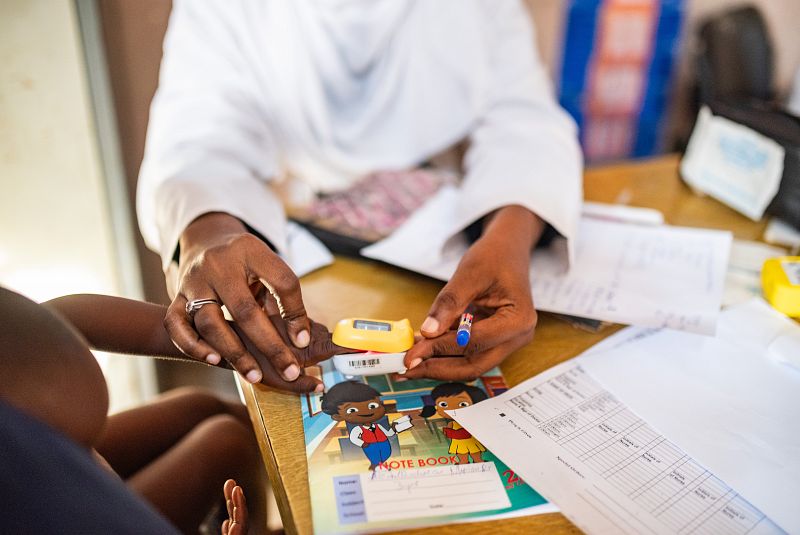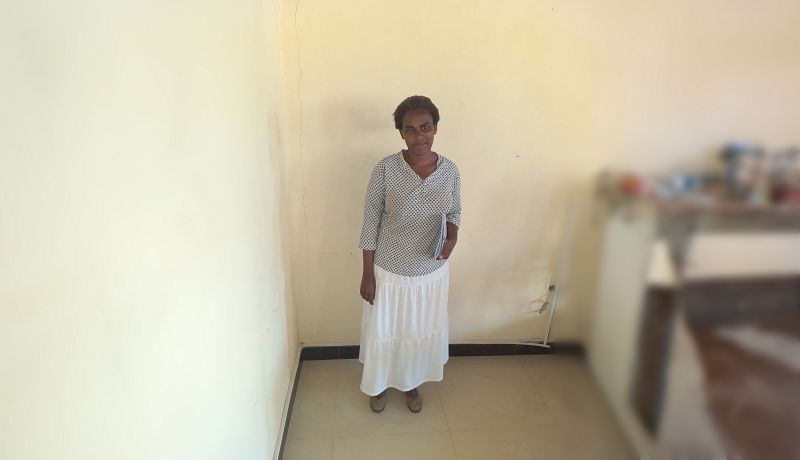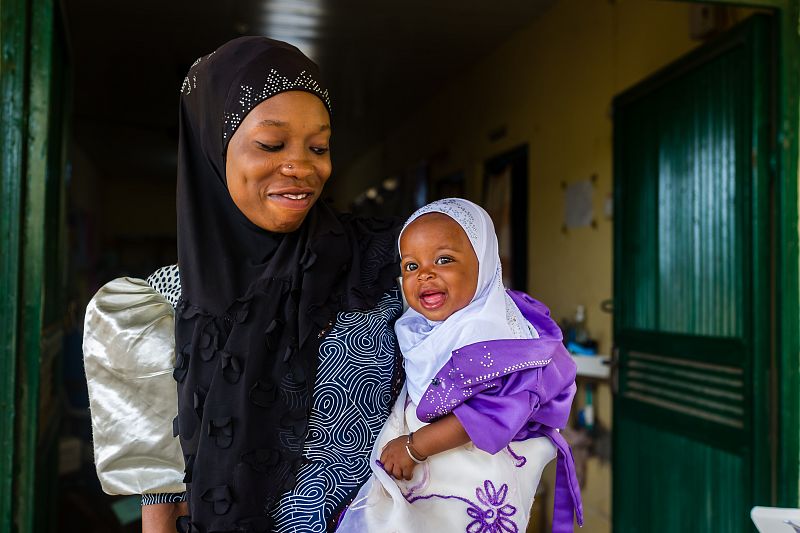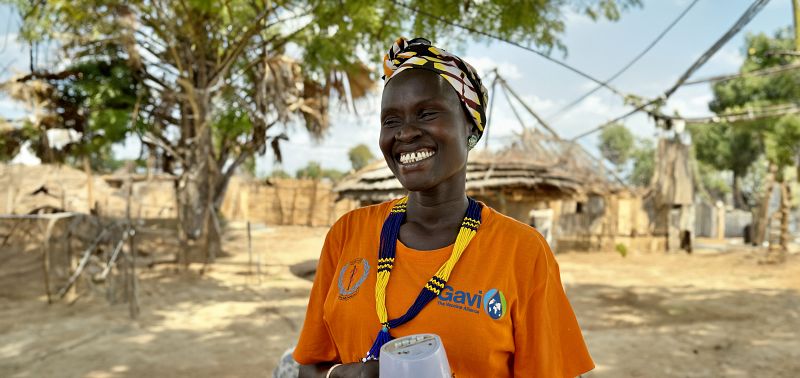Publications
Explore our publications to find useful evidence, lessons and recommendations from our work across Africa and Asia
Type
- Advocacy and positioning
- Advocacy briefs
- Advocacy reports
- Annual reviews
- Brochures
- Capacity statements
- Position statements
- Conference
- Briefing notes
- Posters
- Presentations
- Guidance and toolkits
- Guidance
- Training materials
- Learning
- Case studies
- Infographics
- Insight briefs
- Learning briefs
- Learning papers
- Newsletters
- Research and Technical
- Journal articles
- Project briefs
- Project reports
- Research briefs
- Synopses
- Technical briefs
Keyword
- ASTMH
- Advocacy
- COVID-19
- Capacity development
- Case management
- Case study
- Chemoprevention
- Child survival
- Climate
- Community delivery
- Costing and economic impact evaluation
- Data-informed decision-making
- Diagnosis
- Digital health
- Elimination
- Evidence generation
- Gender
- Genetic modification
- Health financing
- Health system strengthening
- Learning
- Logistics
- MNCH
- Malaria in pregnancy
- Monitoring and evaluation
- PMC
- Philanthropy
- Policy development
- Private sector
- Quality improvement
- Research
- Resistance management
- SBC
- SDGs
- SMC
- Scaled implementation
- Scholarships
- Surveillance
- Treatment
- Universal health coverage
- Urbanisation
- Vaccines
- Vector control
- Webinars
- iCCM
Diseases
Country
Language
Reset all search optionsCurrent search filters (232 results match ALL terms):
Uganda
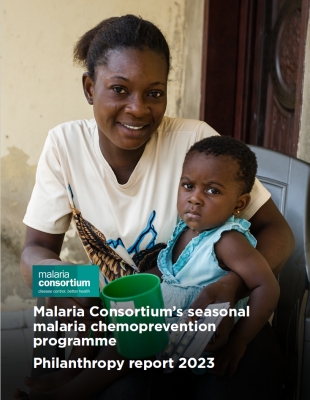 25/04/2024
Project report
25/04/2024
Project report
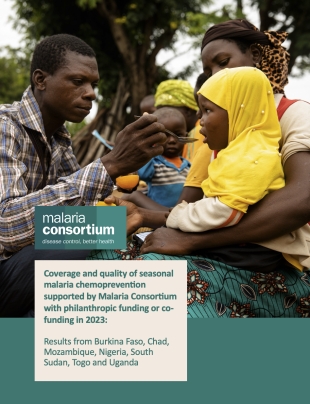 25/04/2024
Project report
25/04/2024
Project report
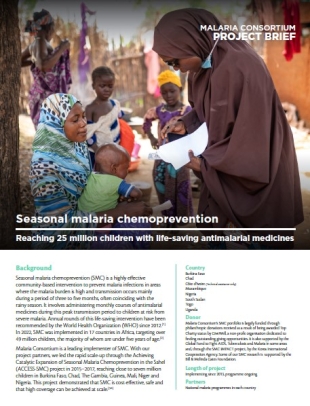 23/04/2024
Project brief
23/04/2024
Project brief
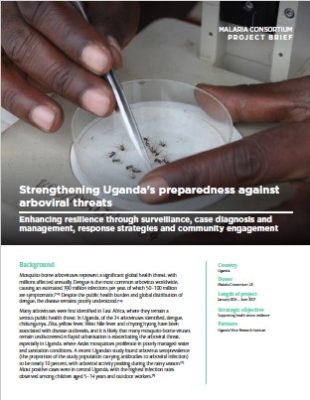 28/03/2024
Project brief
28/03/2024
Project brief
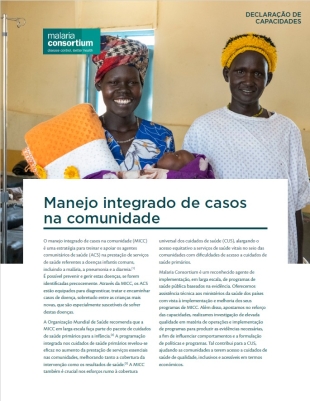 22/01/2024
Capacity statement
22/01/2024
Capacity statement
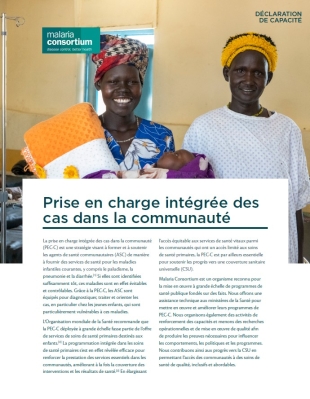 22/01/2024
Capacity statement
22/01/2024
Capacity statement
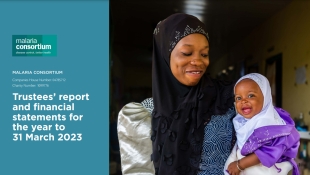 02/01/2024
Annual review
02/01/2024
Annual review
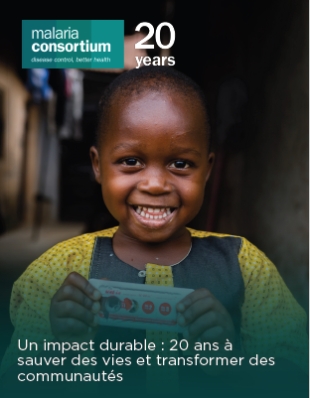 08/11/2023
Annual review
08/11/2023
Annual review
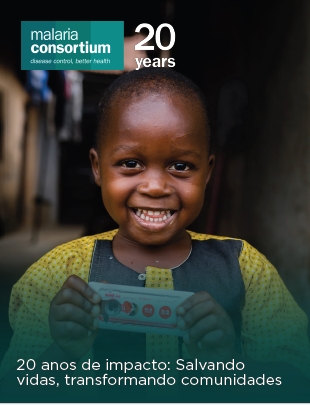 08/11/2023
Annual review
08/11/2023
Annual review
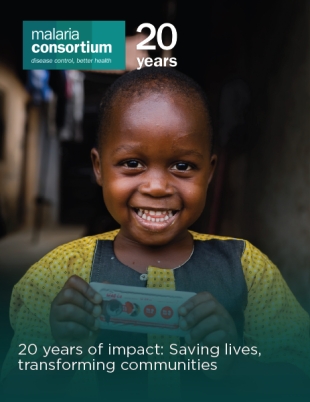 18/10/2023
Annual review
18/10/2023
Annual review
 21/09/2023
Technical brief
21/09/2023
Technical brief
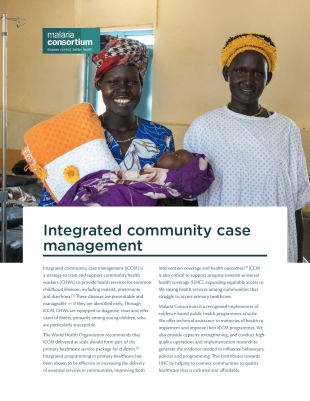 20/09/2023
Capacity statement
20/09/2023
Capacity statement
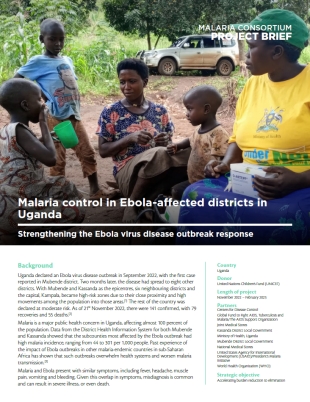 01/09/2023
Project brief
01/09/2023
Project brief
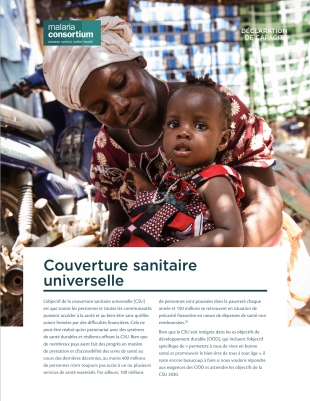 21/08/2023
Capacity statement
21/08/2023
Capacity statement
 21/07/2023
Journal article
21/07/2023
Journal article
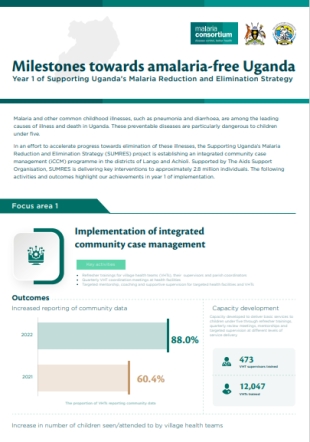 27/06/2023
Infographic
27/06/2023
Infographic
 12/06/2023
Journal article
12/06/2023
Journal article
 12/06/2023
Journal article
12/06/2023
Journal article
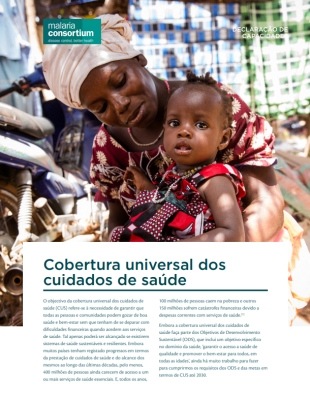 26/05/2023
Capacity statement
26/05/2023
Capacity statement
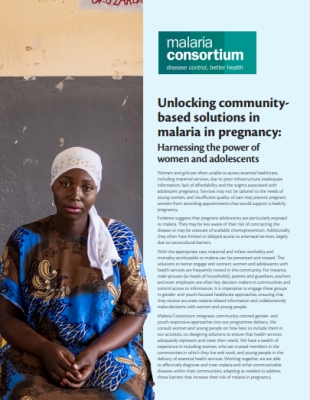 10/05/2023
Brochure
10/05/2023
Brochure
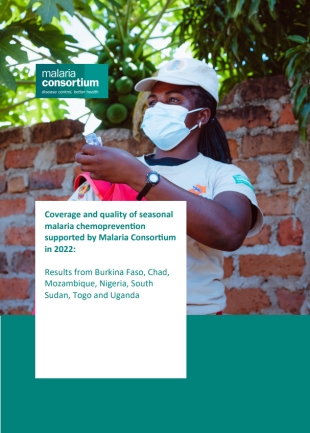 25/04/2023
Project report
25/04/2023
Project report
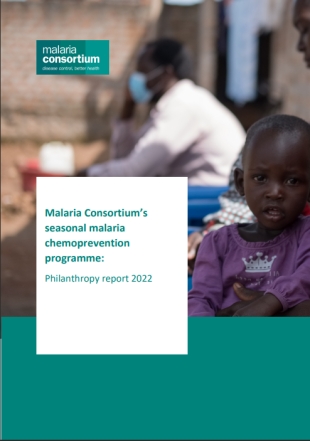 25/04/2023
Project report
25/04/2023
Project report
 30/01/2023
Journal article
30/01/2023
Journal article
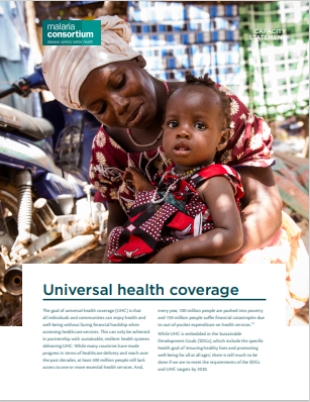 12/12/2022
Capacity statement
12/12/2022
Capacity statement
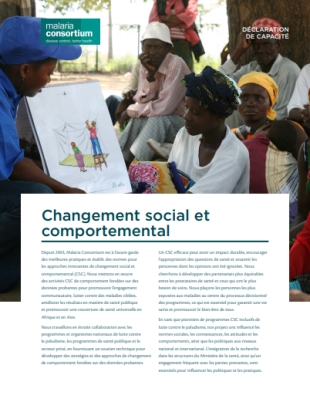 26/09/2022
Capacity statement
26/09/2022
Capacity statement
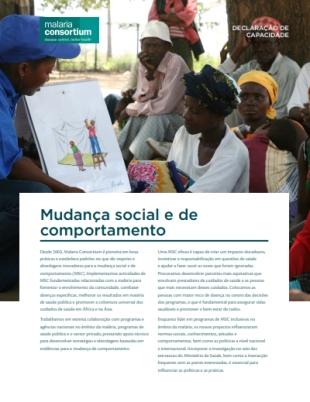 26/09/2022
Capacity statement
26/09/2022
Capacity statement
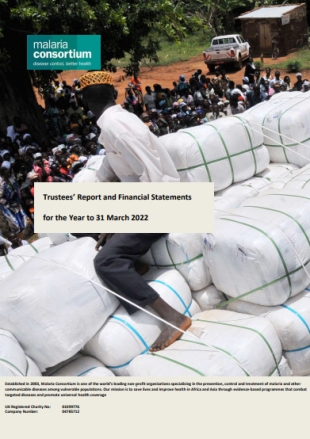 31/08/2022
Annual review
31/08/2022
Annual review
 12/08/2022
Synopsis
12/08/2022
Synopsis
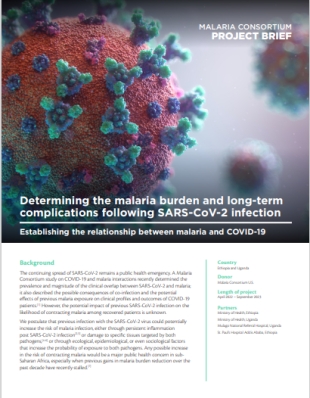 12/07/2022
Project brief
12/07/2022
Project brief
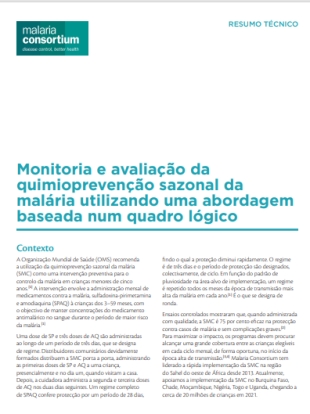 31/05/2022
Technical brief
31/05/2022
Technical brief
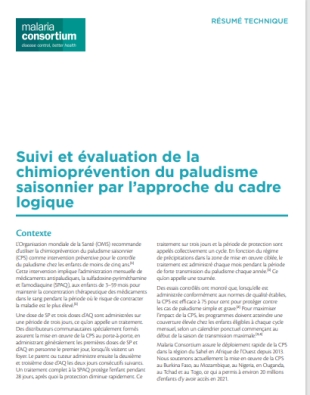 26/05/2022
Technical brief
26/05/2022
Technical brief
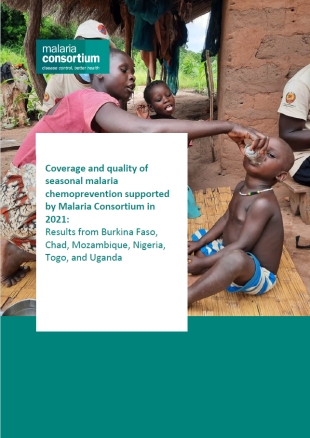 25/04/2022
Project report
25/04/2022
Project report
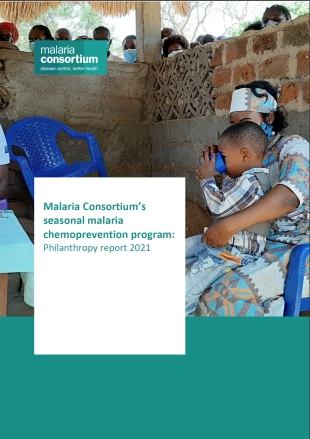 25/04/2022
Project report
25/04/2022
Project report
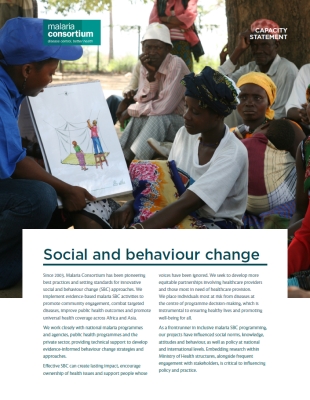 12/04/2022
Capacity statement
12/04/2022
Capacity statement
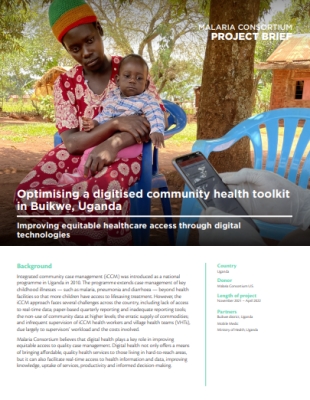 26/03/2022
Project brief
26/03/2022
Project brief
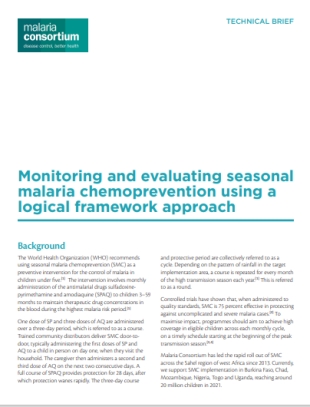 04/02/2022
Technical brief
04/02/2022
Technical brief
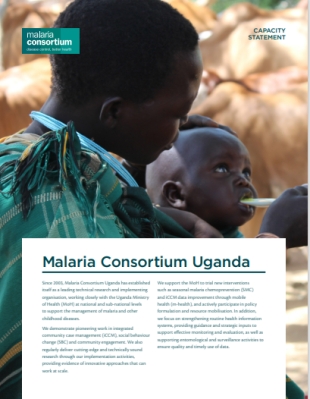 03/02/2022
Capacity statement
03/02/2022
Capacity statement
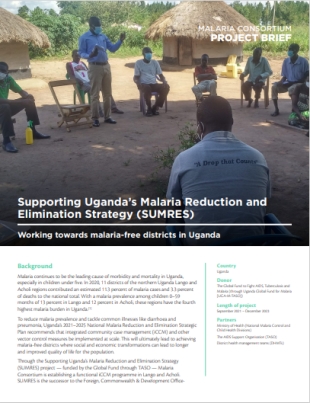 26/01/2022
Project brief
26/01/2022
Project brief
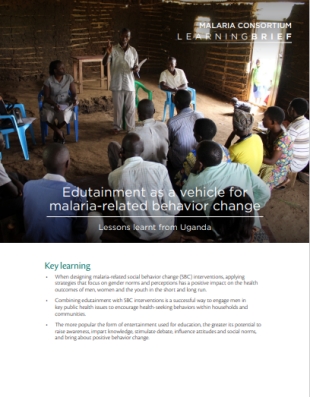 25/01/2022
Learning brief
25/01/2022
Learning brief
 04/12/2021
Journal article
04/12/2021
Journal article
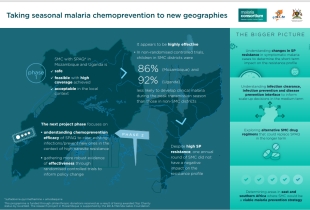 30/11/2021
Infographic
30/11/2021
Infographic
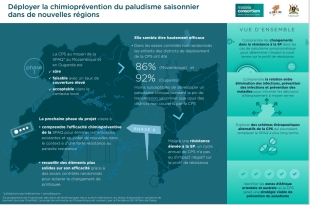 30/11/2021
Infographic
30/11/2021
Infographic
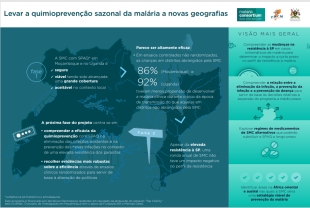 30/11/2021
Infographic
30/11/2021
Infographic
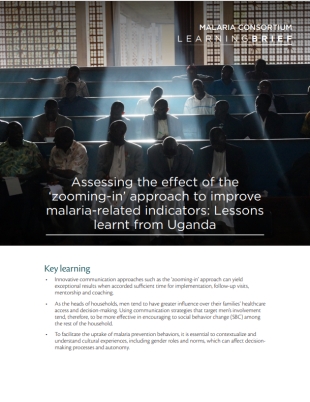 19/11/2021
Learning brief
19/11/2021
Learning brief
 25/10/2021
Journal article
25/10/2021
Journal article
 10/08/2021
Journal article
10/08/2021
Journal article
 23/07/2021
Journal article
23/07/2021
Journal article
 13/06/2021
Journal article
13/06/2021
Journal article
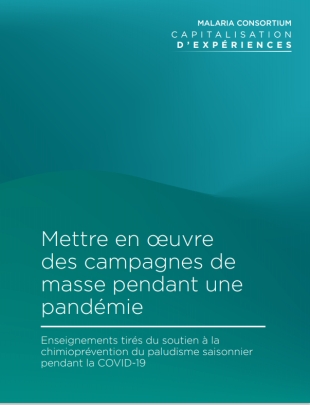 10/06/2021
Learning paper
10/06/2021
Learning paper
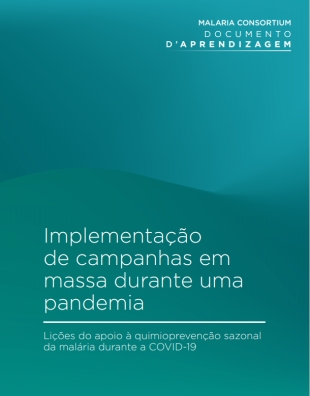 10/06/2021
Learning paper
10/06/2021
Learning paper
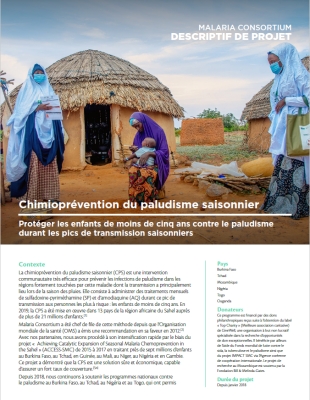 02/06/2021
Project brief
02/06/2021
Project brief
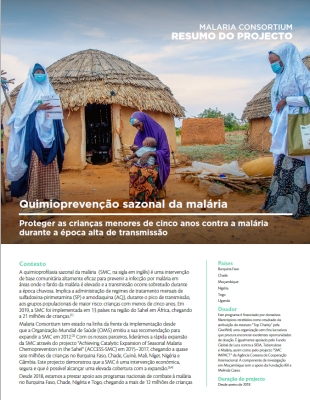 02/06/2021
Project brief
02/06/2021
Project brief
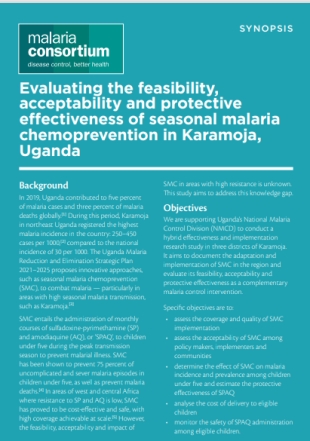 02/06/2021
Synopsis
02/06/2021
Synopsis
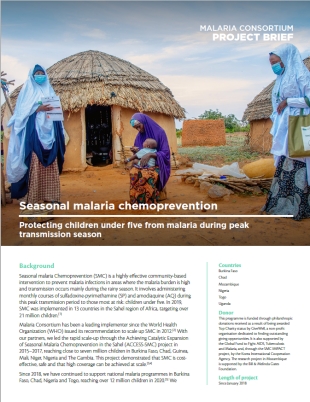 13/05/2021
Project brief
13/05/2021
Project brief
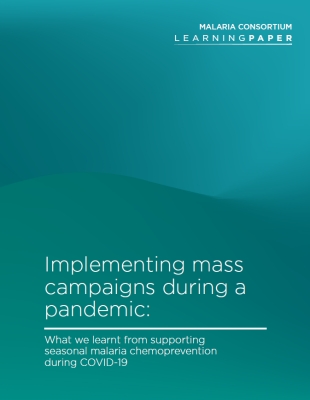 29/04/2021
Learning paper
29/04/2021
Learning paper
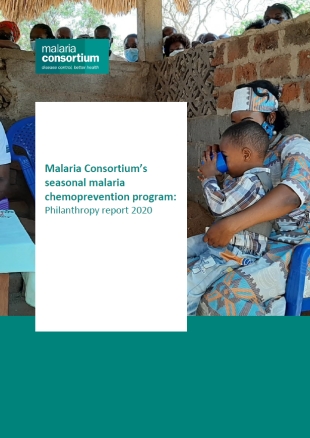 16/04/2021
Project report
16/04/2021
Project report
 25/01/2021
Capacity statement
25/01/2021
Capacity statement
 14/01/2021
Capacity statement
14/01/2021
Capacity statement
 07/01/2021
Journal article
07/01/2021
Journal article
 04/12/2020
Capacity statement
04/12/2020
Capacity statement
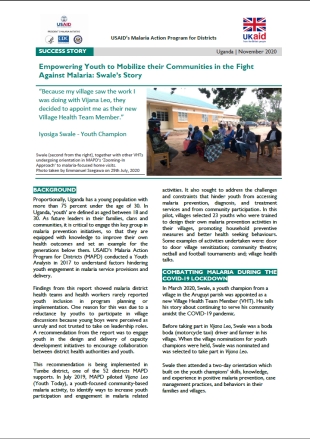 03/11/2020
Case study
03/11/2020
Case study
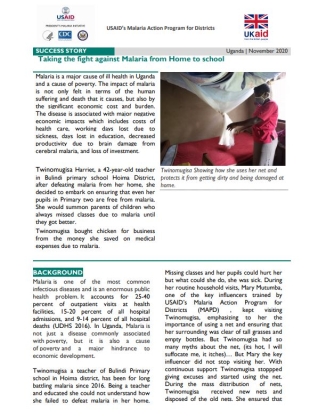 03/11/2020
Case study
03/11/2020
Case study
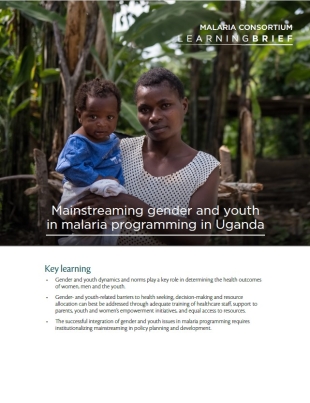 30/10/2020
Learning brief
30/10/2020
Learning brief
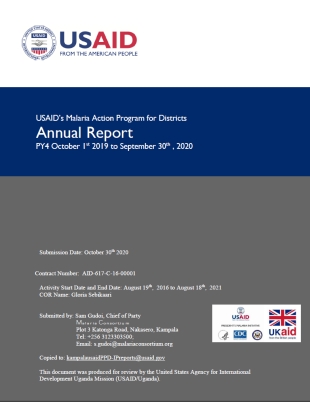 30/10/2020
Project report
30/10/2020
Project report
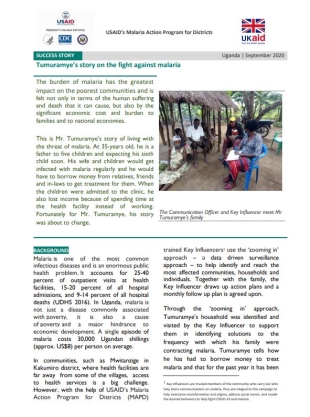 15/09/2020
Case study
15/09/2020
Case study
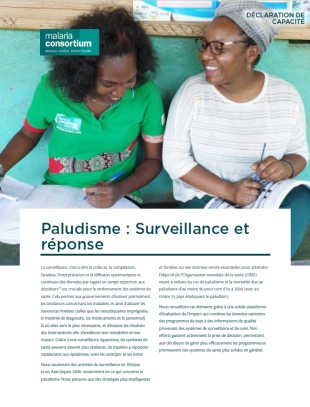 26/08/2020
Capacity statement
26/08/2020
Capacity statement
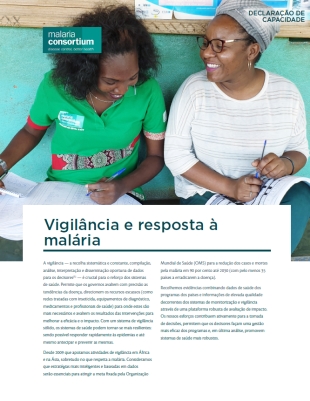 26/08/2020
Capacity statement
26/08/2020
Capacity statement
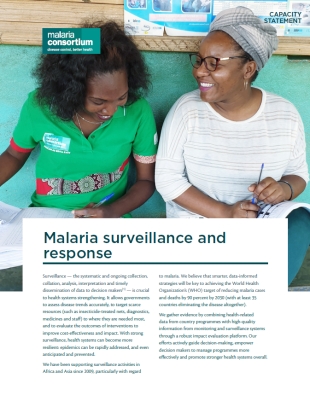 29/07/2020
Capacity statement
29/07/2020
Capacity statement
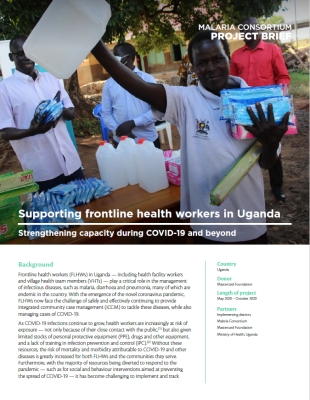 23/07/2020
Project brief
23/07/2020
Project brief
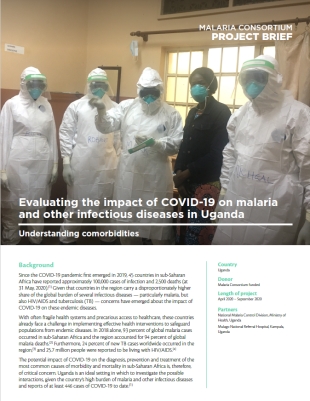 18/06/2020
Project brief
18/06/2020
Project brief
 22/05/2020
Case study
22/05/2020
Case study
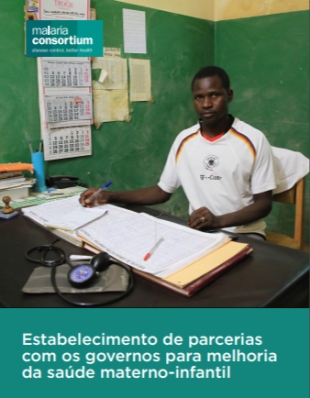 05/03/2020
Brochure
05/03/2020
Brochure
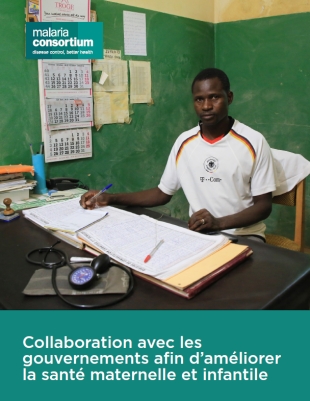 10/02/2020
Brochure
10/02/2020
Brochure
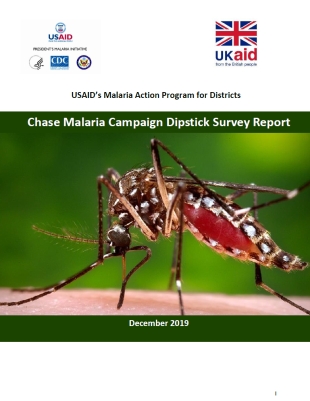 20/12/2019
Project report
20/12/2019
Project report
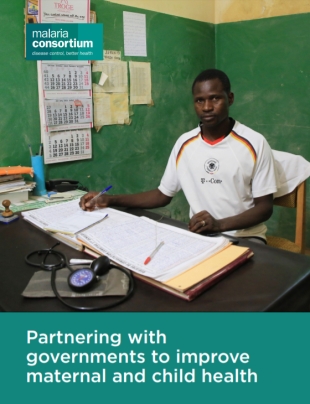 17/12/2019
Brochure
17/12/2019
Brochure
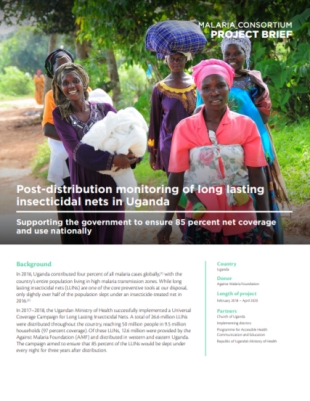 10/12/2019
Project brief
10/12/2019
Project brief
 05/12/2019
Journal article
05/12/2019
Journal article
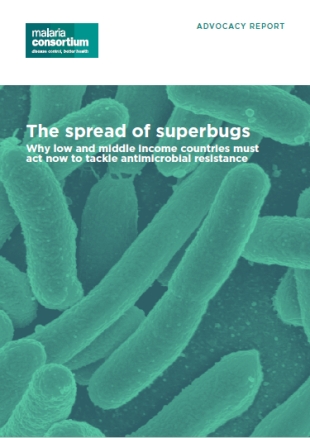 20/11/2019
Advocacy report
20/11/2019
Advocacy report
 07/11/2019
Journal article
07/11/2019
Journal article
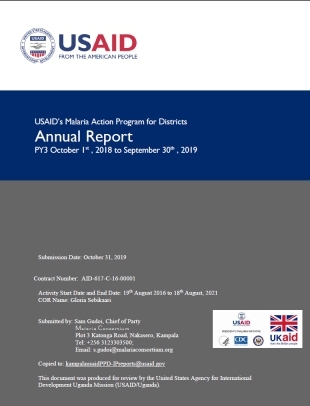 30/10/2019
Project report
30/10/2019
Project report
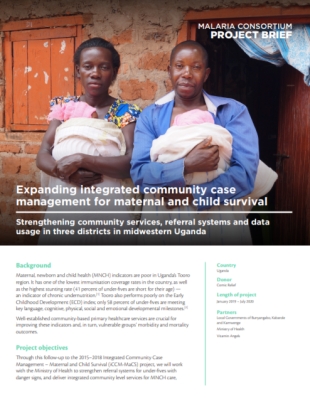 24/10/2019
Project brief
24/10/2019
Project brief
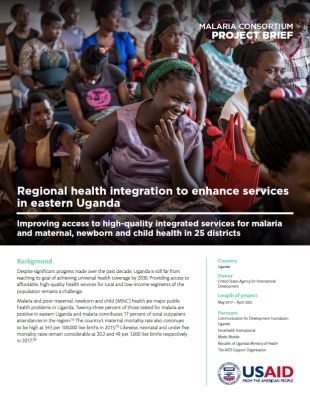 23/09/2019
Project brief
23/09/2019
Project brief
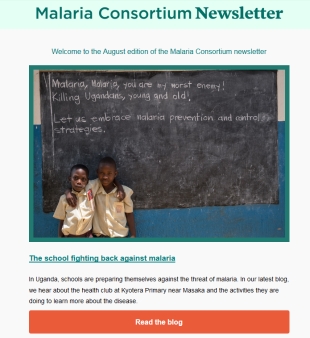 30/08/2019
Newsletter
30/08/2019
Newsletter
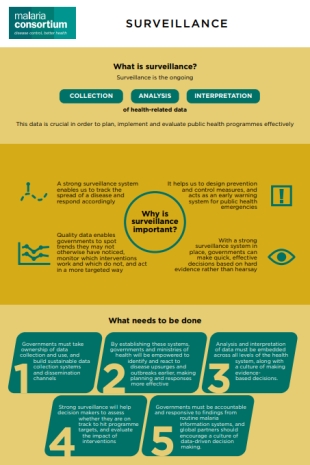 07/08/2019
Infographic
07/08/2019
Infographic
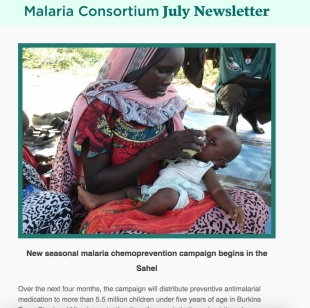 31/07/2019
Newsletter
31/07/2019
Newsletter
 01/07/2019
Journal article
01/07/2019
Journal article
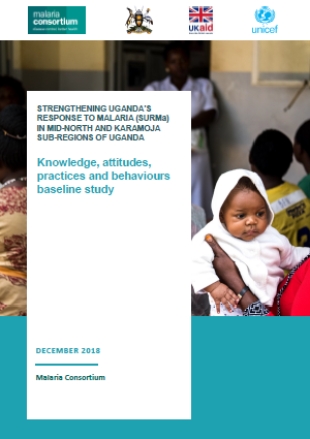 30/05/2019
Project report
30/05/2019
Project report
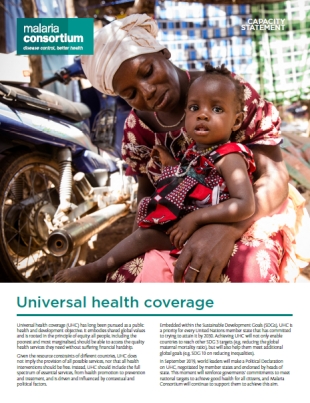 20/05/2019
Capacity statement
20/05/2019
Capacity statement
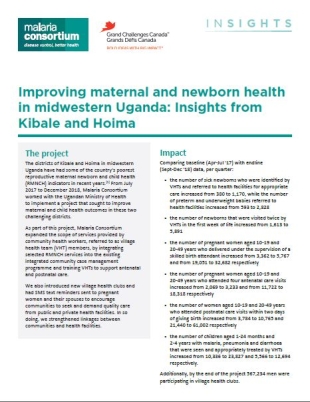 06/02/2019
Insight brief
06/02/2019
Insight brief
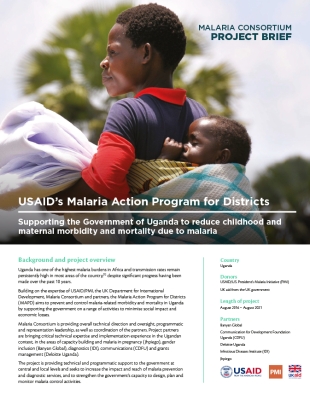 04/02/2019
Project brief
04/02/2019
Project brief
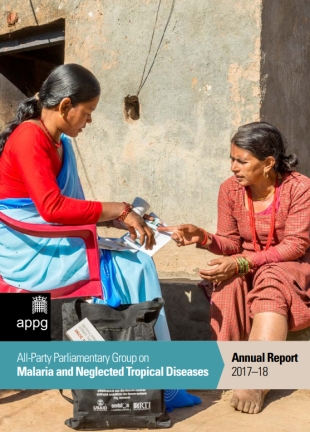 13/12/2018
Annual review
13/12/2018
Annual review
 11/12/2018
Annual review
11/12/2018
Annual review
 12/11/2018
Journal article
12/11/2018
Journal article
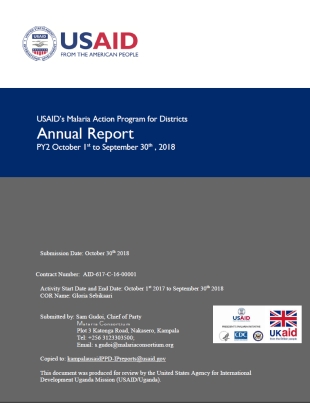 30/10/2018
Project report
30/10/2018
Project report
 26/10/2018
Journal article
26/10/2018
Journal article
 25/10/2018
Journal article
25/10/2018
Journal article
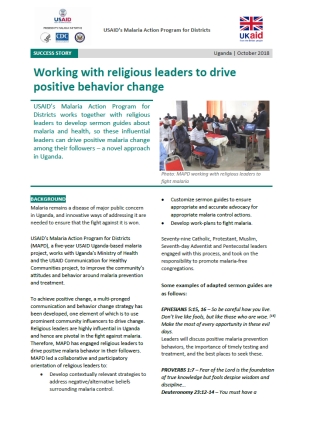 15/10/2018
Case study
15/10/2018
Case study
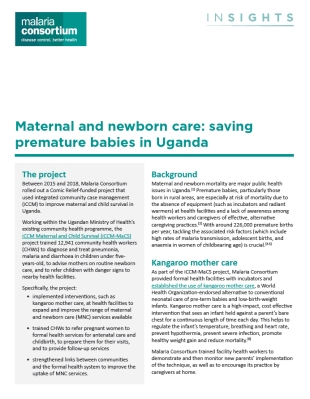 24/09/2018
Insight brief
24/09/2018
Insight brief
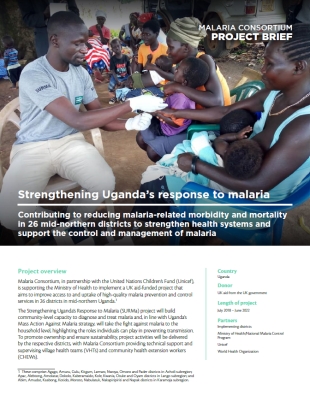 24/09/2018
Project brief
24/09/2018
Project brief
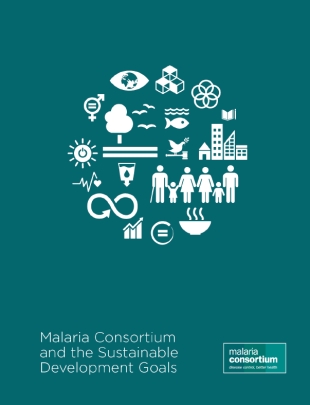 21/09/2018
Advocacy brief
21/09/2018
Advocacy brief
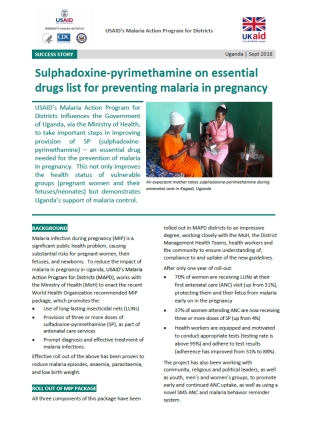 15/09/2018
Case study
15/09/2018
Case study
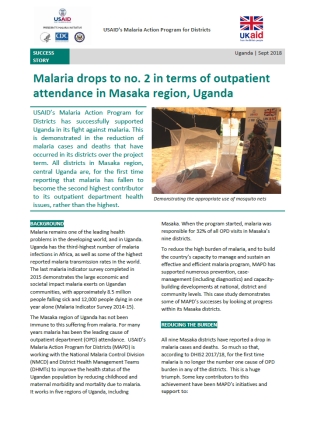 12/09/2018
Case study
12/09/2018
Case study
 06/09/2018
Journal article
06/09/2018
Journal article
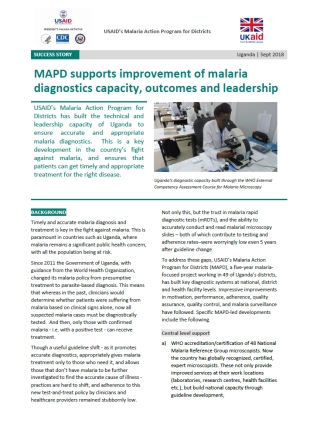 05/09/2018
Case study
05/09/2018
Case study
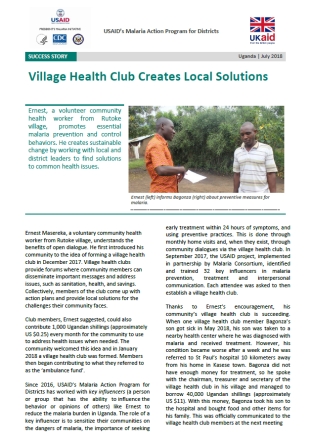 23/07/2018
Case study
23/07/2018
Case study
 19/07/2018
Journal article
19/07/2018
Journal article
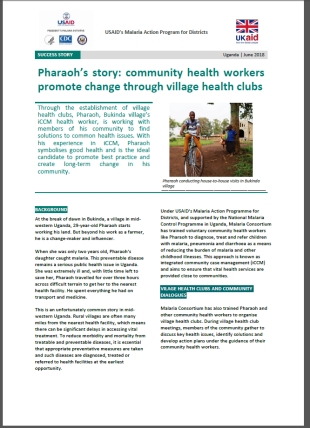 14/06/2018
Case study
14/06/2018
Case study
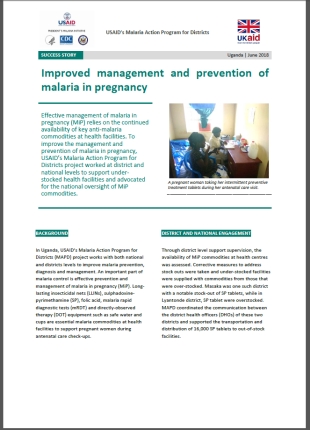 14/06/2018
Case study
14/06/2018
Case study
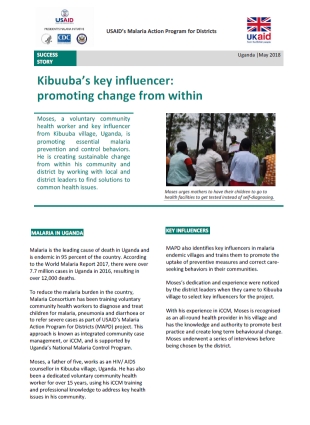 02/05/2018
Case study
02/05/2018
Case study
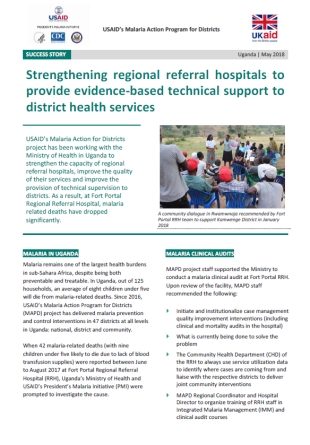 02/05/2018
Case study
02/05/2018
Case study
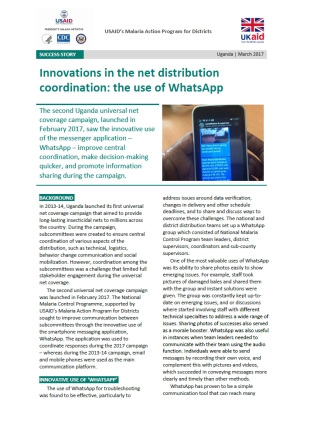 10/03/2018
Case study
10/03/2018
Case study
 28/11/2017
Journal article
28/11/2017
Journal article
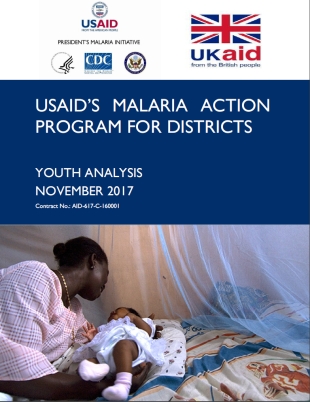 20/11/2017
Insight brief
20/11/2017
Insight brief
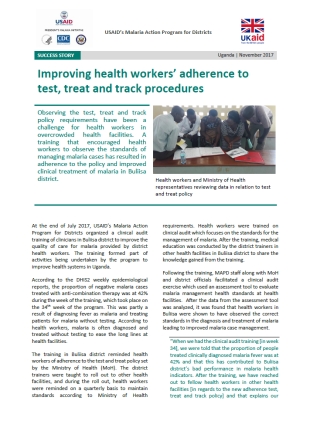 17/11/2017
Case study
17/11/2017
Case study
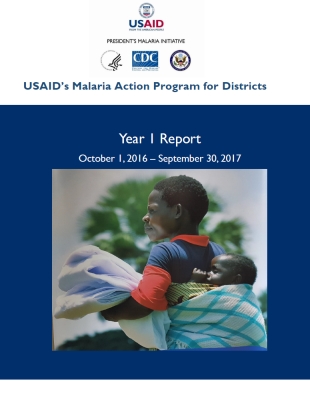 30/10/2017
Project report
30/10/2017
Project report
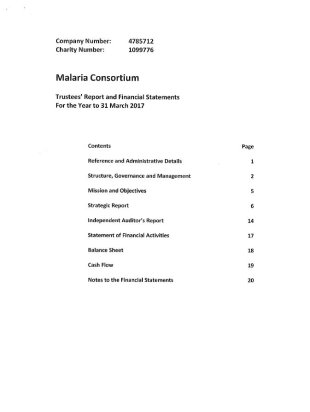 17/10/2017
Annual review
17/10/2017
Annual review
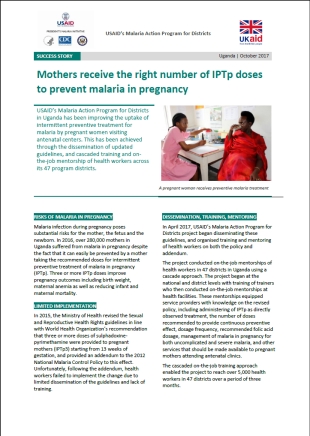 15/10/2017
Case study
15/10/2017
Case study
 12/09/2017
Newsletter
12/09/2017
Newsletter
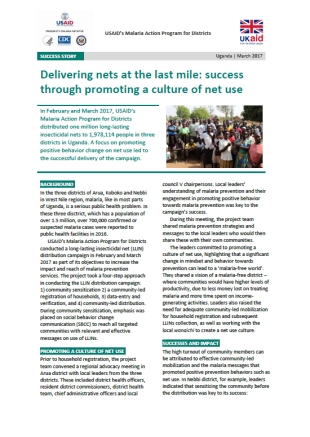 05/07/2017
Case study
05/07/2017
Case study
 07/06/2017
Journal article
07/06/2017
Journal article
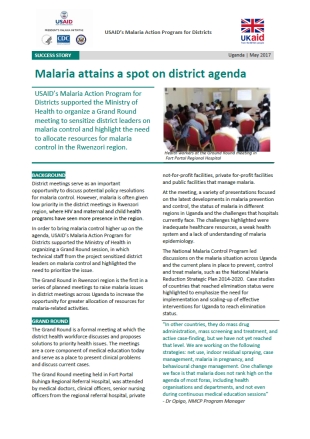 15/05/2017
Case study
15/05/2017
Case study
 09/05/2017
Journal article
09/05/2017
Journal article
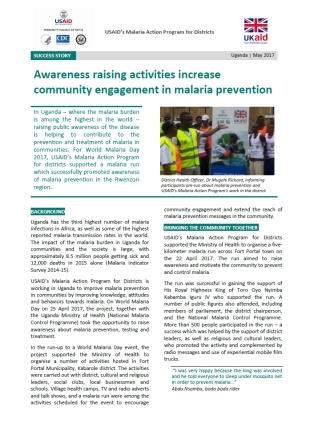 02/05/2017
Case study
02/05/2017
Case study
 20/04/2017
Journal article
20/04/2017
Journal article
 17/04/2017
Journal article
17/04/2017
Journal article
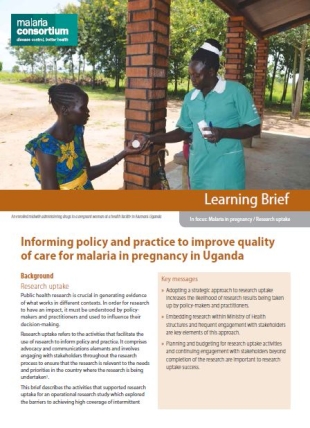 31/03/2017
Learning brief
31/03/2017
Learning brief
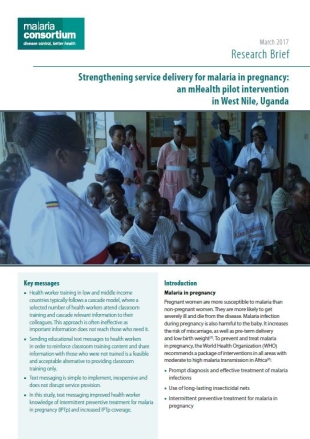 29/03/2017
Research brief
29/03/2017
Research brief
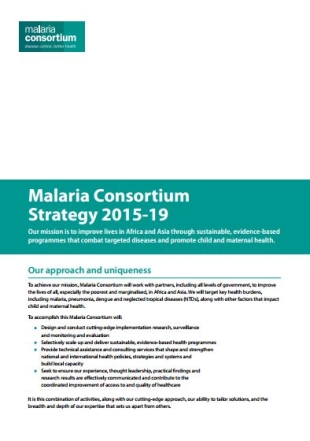 03/02/2017
Annual review
03/02/2017
Annual review
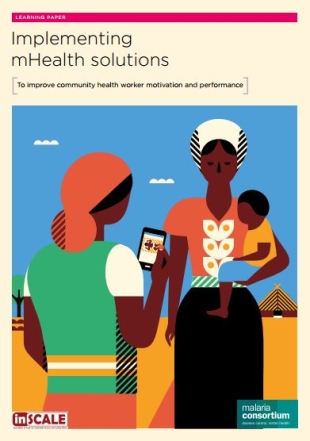 21/11/2016
Learning paper
21/11/2016
Learning paper
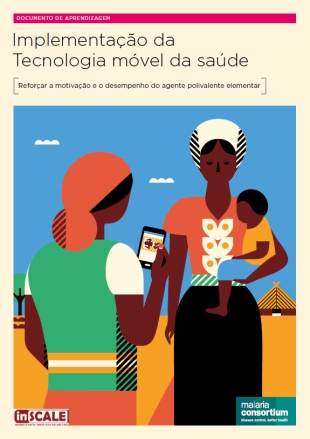 21/11/2016
Learning paper
21/11/2016
Learning paper
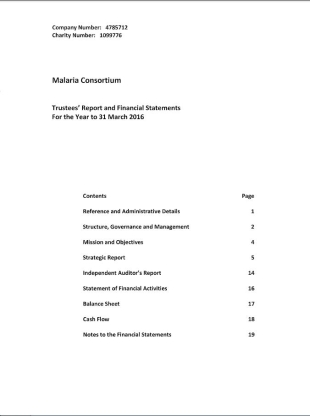 20/11/2016
Annual review
20/11/2016
Annual review
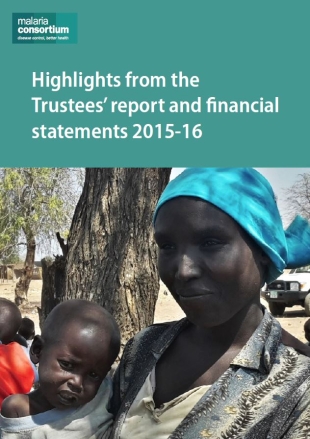 20/11/2016
Annual review
20/11/2016
Annual review
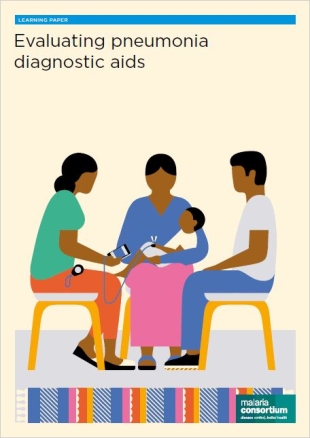 17/11/2016
Learning paper
17/11/2016
Learning paper
 09/11/2016
Journal article
09/11/2016
Journal article
 04/11/2016
Journal article
04/11/2016
Journal article
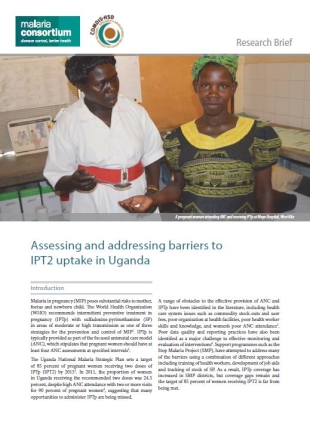 04/11/2016
Research brief
04/11/2016
Research brief
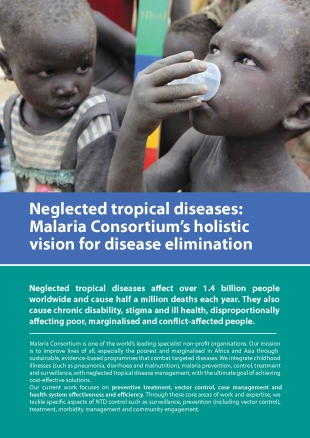 01/11/2016
Technical brief
01/11/2016
Technical brief
 04/07/2016
Journal article
04/07/2016
Journal article
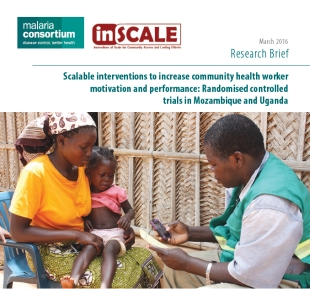 01/03/2016
Research brief
01/03/2016
Research brief
 26/02/2016
Journal article
26/02/2016
Journal article
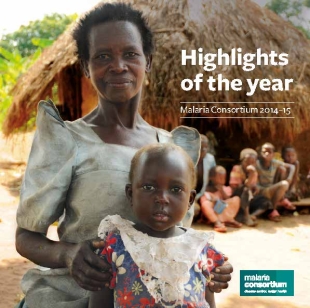 15/12/2015
Annual review
15/12/2015
Annual review
 01/12/2015
Training materials
01/12/2015
Training materials
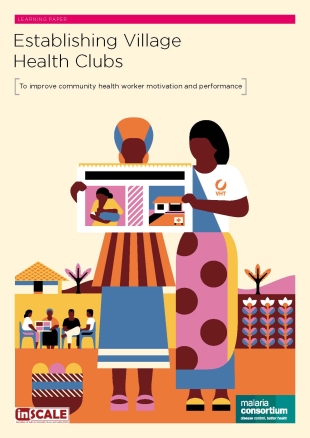 28/10/2015
Learning paper
28/10/2015
Learning paper
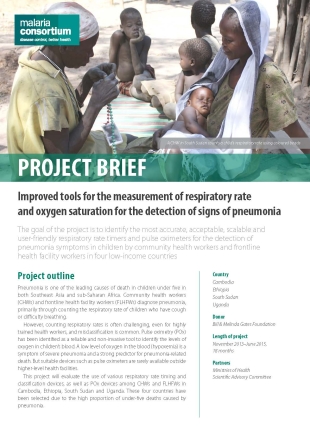 26/10/2015
Project brief
26/10/2015
Project brief
 02/10/2015
Journal article
02/10/2015
Journal article
 17/09/2015
Journal article
17/09/2015
Journal article
 04/09/2015
Journal article
04/09/2015
Journal article
 04/09/2015
Journal article
04/09/2015
Journal article
 28/08/2015
Journal article
28/08/2015
Journal article
 25/08/2015
Journal article
25/08/2015
Journal article
 25/08/2015
Journal article
25/08/2015
Journal article
 01/07/2015
Journal article
01/07/2015
Journal article
 22/05/2015
Journal article
22/05/2015
Journal article
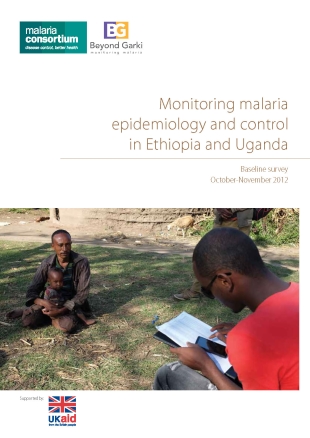 18/05/2015
Technical brief
18/05/2015
Technical brief
 30/04/2015
Journal article
30/04/2015
Journal article
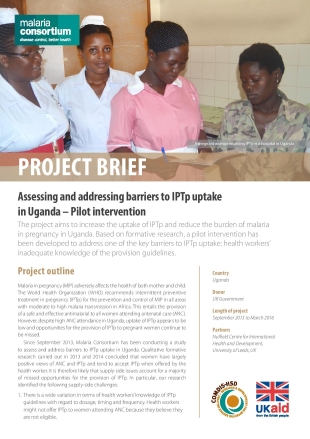 13/04/2015
Project brief
13/04/2015
Project brief
 12/04/2015
Journal article
12/04/2015
Journal article
 16/03/2015
Journal article
16/03/2015
Journal article
 01/12/2014
Journal article
01/12/2014
Journal article
 27/11/2014
Journal article
27/11/2014
Journal article
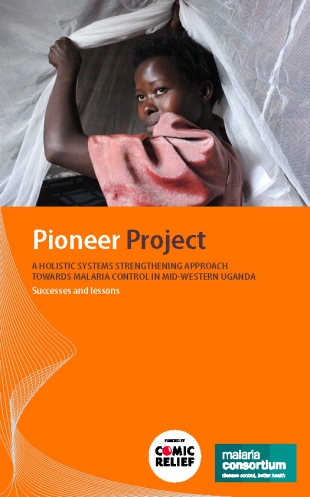 26/09/2014
Project report
26/09/2014
Project report
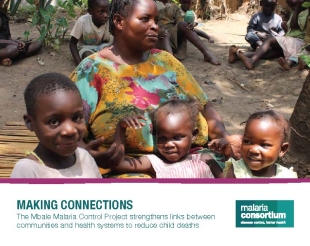 20/08/2014
Project report
20/08/2014
Project report
 07/07/2014
Journal article
07/07/2014
Journal article
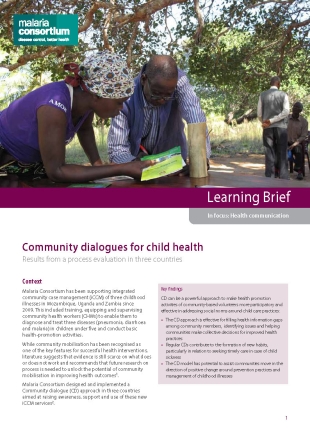 10/06/2014
Learning brief
10/06/2014
Learning brief
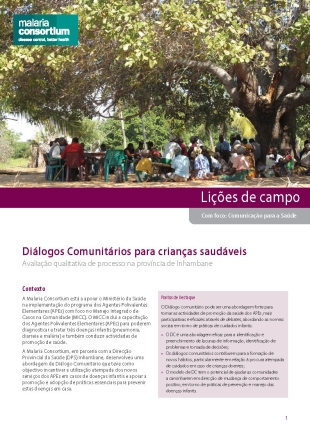 19/05/2014
Learning brief
19/05/2014
Learning brief
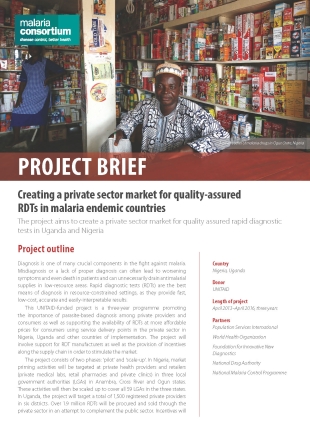 09/05/2014
Project brief
09/05/2014
Project brief
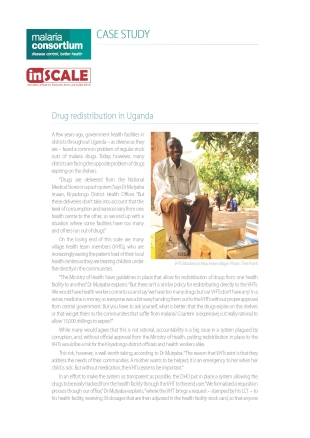 01/05/2014
Case study
01/05/2014
Case study
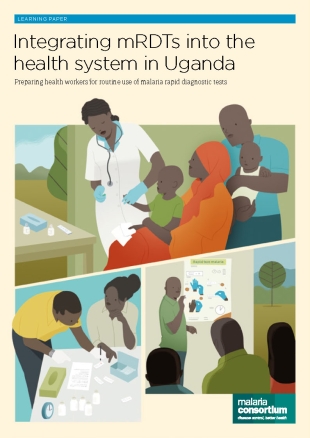 09/04/2014
Learning paper
09/04/2014
Learning paper
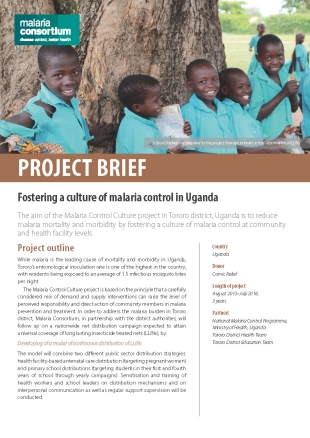 02/04/2014
Project brief
02/04/2014
Project brief
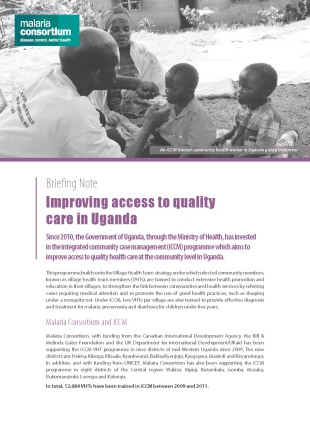 20/03/2014
Technical brief
20/03/2014
Technical brief
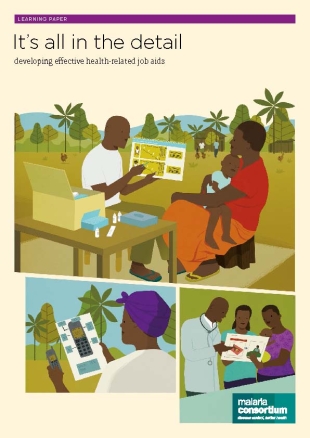 28/02/2014
Learning paper
28/02/2014
Learning paper
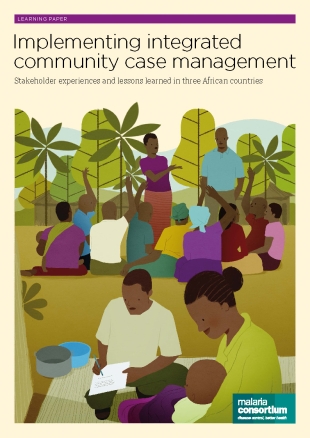 28/02/2014
Learning paper
28/02/2014
Learning paper
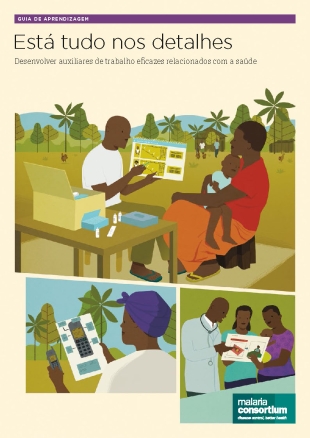 28/02/2014
Learning paper
28/02/2014
Learning paper
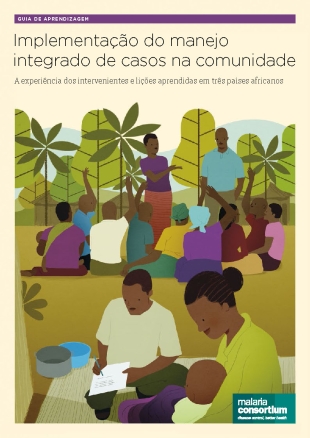 28/02/2014
Learning paper
28/02/2014
Learning paper
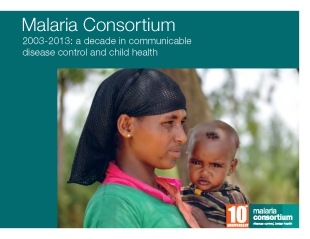 24/02/2014
Annual review
24/02/2014
Annual review
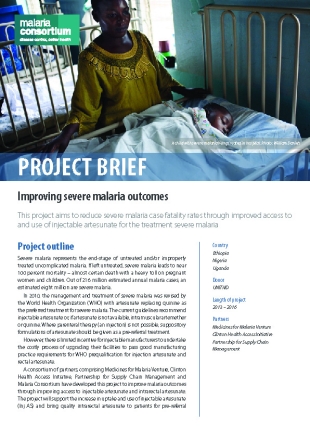 20/01/2014
Project brief
20/01/2014
Project brief
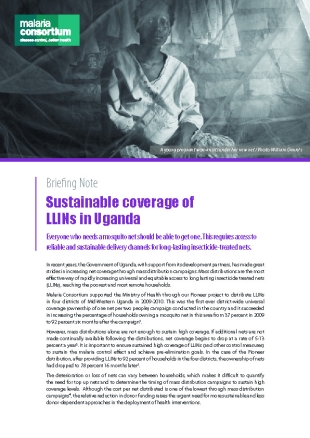 08/01/2014
Technical brief
08/01/2014
Technical brief
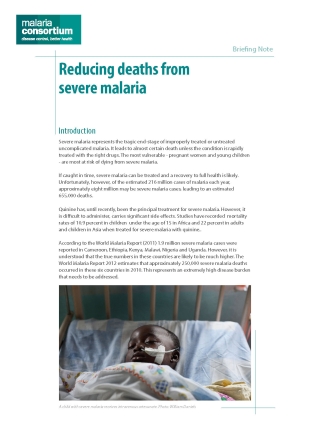 31/12/2013
Technical brief
31/12/2013
Technical brief
 14/11/2013
Journal article
14/11/2013
Journal article
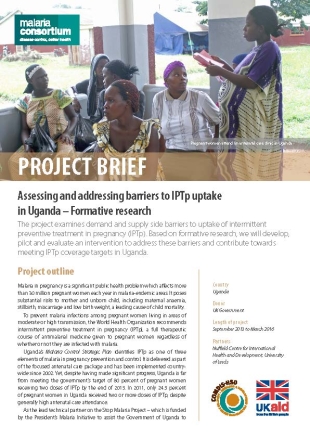 12/11/2013
Project brief
12/11/2013
Project brief
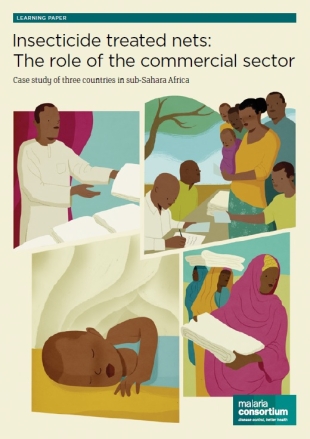 17/10/2013
Learning paper
17/10/2013
Learning paper
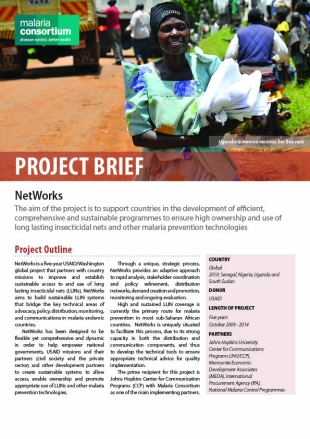 05/09/2013
Project brief
05/09/2013
Project brief
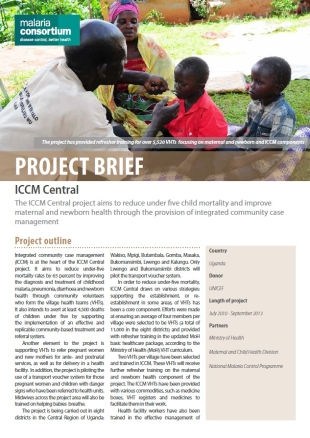 05/09/2013
Project brief
05/09/2013
Project brief
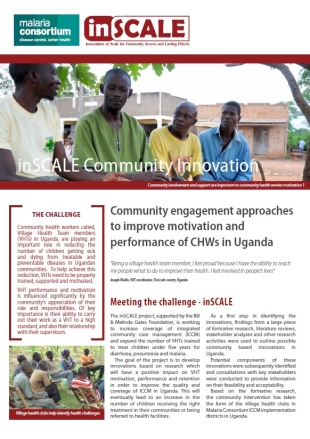 02/08/2013
Technical brief
02/08/2013
Technical brief
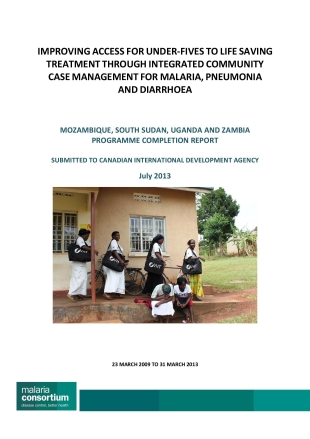 01/07/2013
Project report
01/07/2013
Project report
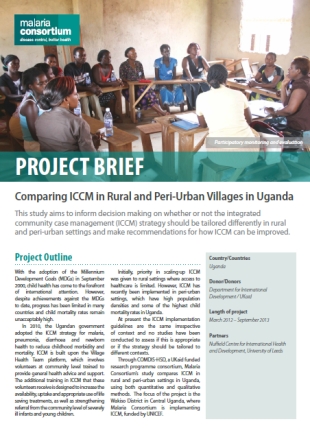 28/05/2013
Project brief
28/05/2013
Project brief
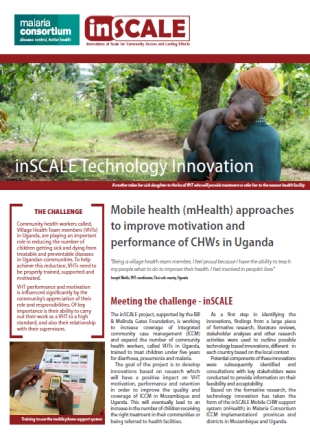 28/05/2013
Technical brief
28/05/2013
Technical brief
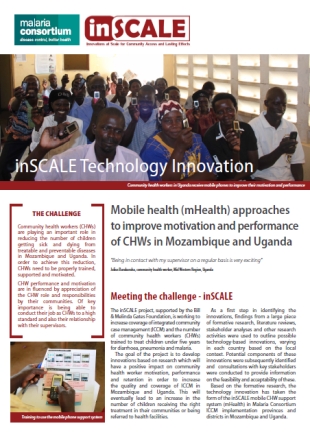 28/05/2013
Technical brief
28/05/2013
Technical brief
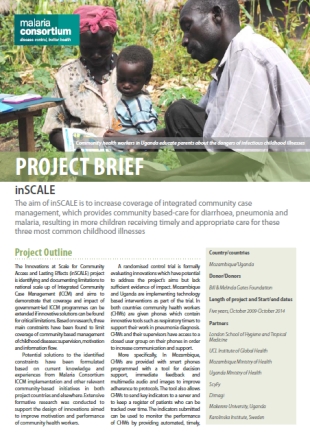 28/05/2013
Project brief
28/05/2013
Project brief
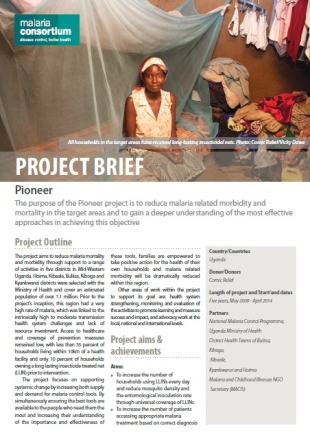 22/03/2013
Project brief
22/03/2013
Project brief
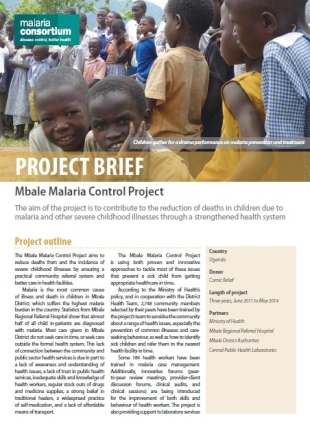 22/03/2013
Project brief
22/03/2013
Project brief
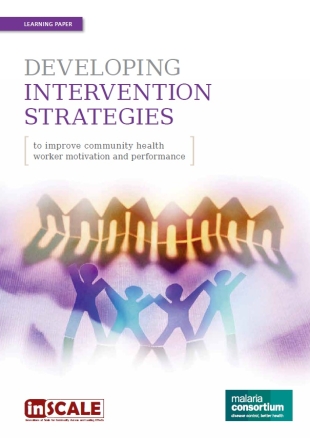 13/03/2013
Learning paper
13/03/2013
Learning paper
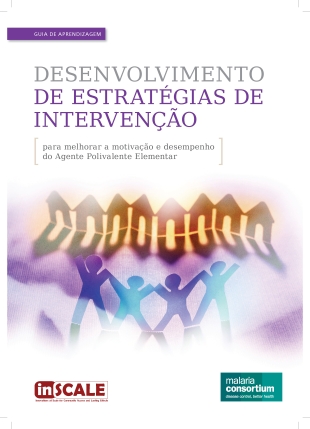 13/03/2013
Learning paper
13/03/2013
Learning paper
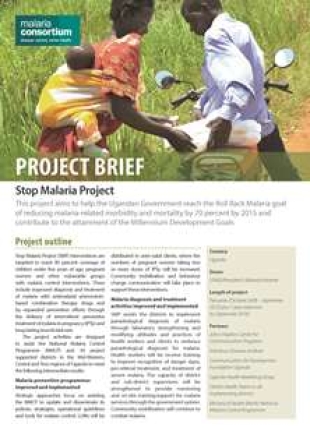 11/03/2013
Project brief
11/03/2013
Project brief
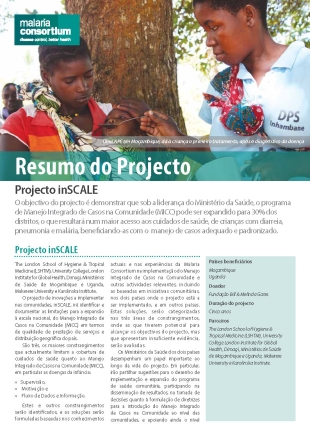 01/02/2013
Project brief
01/02/2013
Project brief
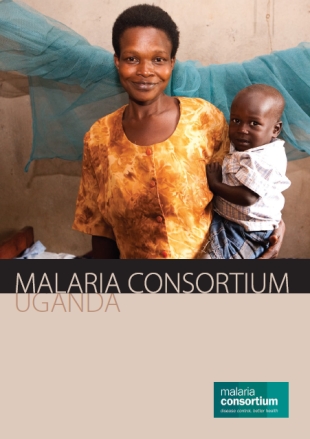 23/01/2013
Brochure
23/01/2013
Brochure
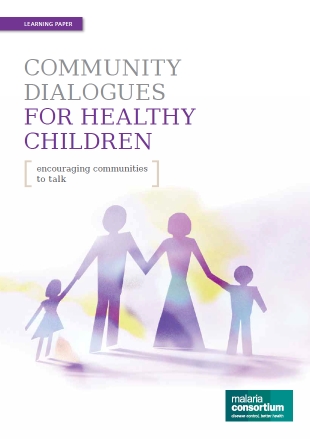 10/01/2013
Learning paper
10/01/2013
Learning paper
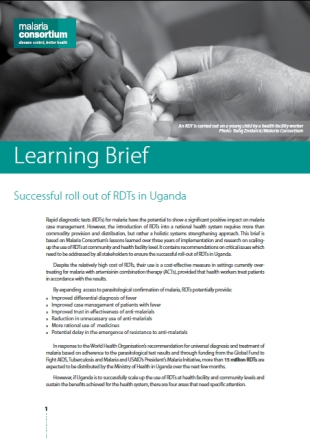 18/12/2012
Learning brief
18/12/2012
Learning brief
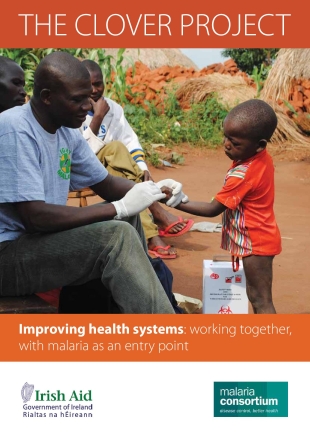 12/11/2012
Project report
12/11/2012
Project report
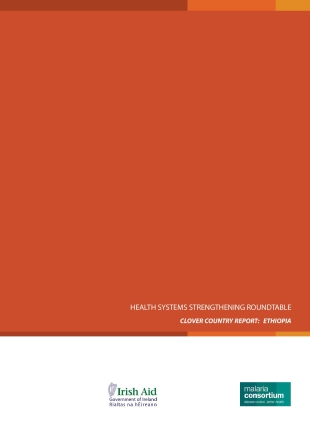 12/11/2012
Project report
12/11/2012
Project report
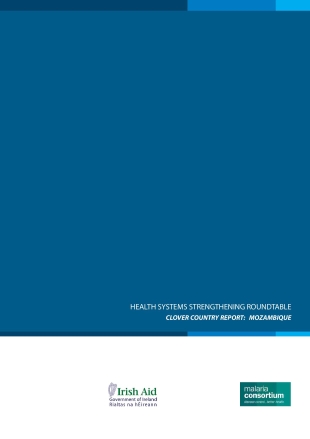 12/11/2012
Project report
12/11/2012
Project report
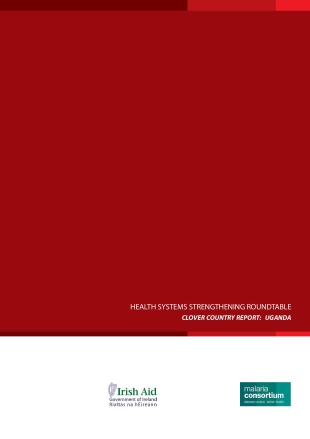 12/11/2012
Project report
12/11/2012
Project report
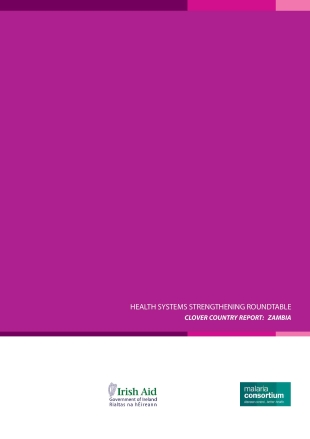 12/11/2012
Project report
12/11/2012
Project report
 07/11/2012
Journal article
07/11/2012
Journal article
 07/11/2012
Journal article
07/11/2012
Journal article
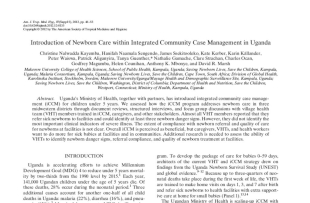 07/11/2012
Journal article
07/11/2012
Journal article
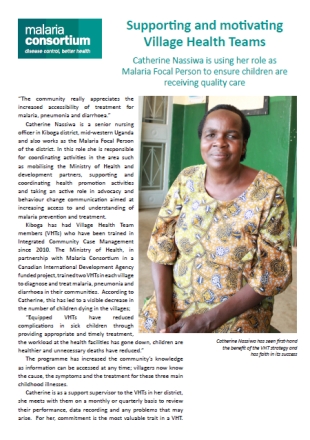 07/08/2012
Case study
07/08/2012
Case study
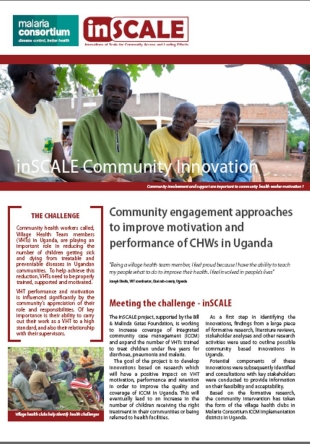 07/08/2012
Technical brief
07/08/2012
Technical brief
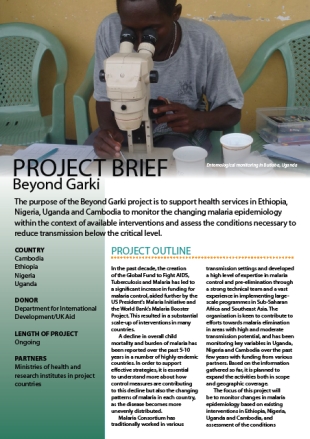 24/05/2012
Project brief
24/05/2012
Project brief
 20/04/2012
Journal article
20/04/2012
Journal article
 20/04/2012
Journal article
20/04/2012
Journal article
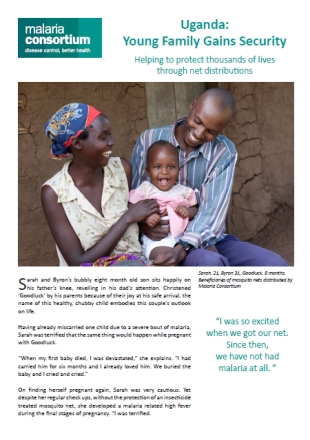 04/04/2012
Case study
04/04/2012
Case study
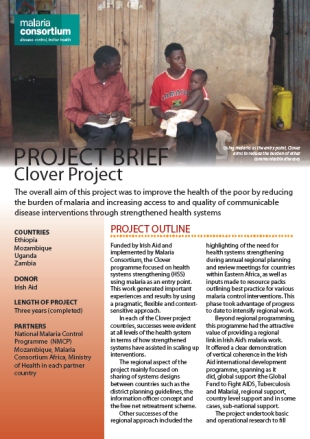 22/03/2012
Project brief
22/03/2012
Project brief
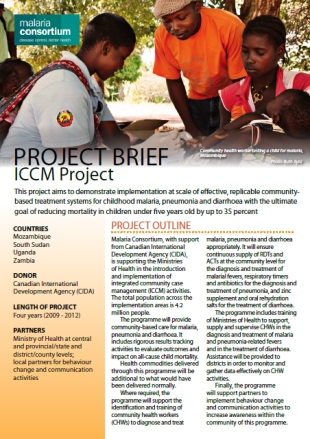 22/03/2012
Project brief
22/03/2012
Project brief
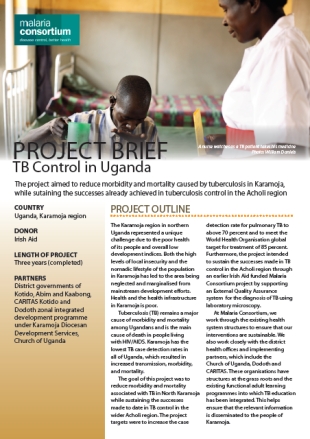 22/03/2012
Project brief
22/03/2012
Project brief
 23/01/2012
Journal article
23/01/2012
Journal article
 18/01/2012
Journal article
18/01/2012
Journal article
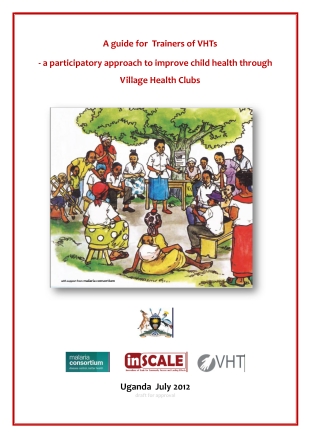 10/01/2012
Training materials
10/01/2012
Training materials
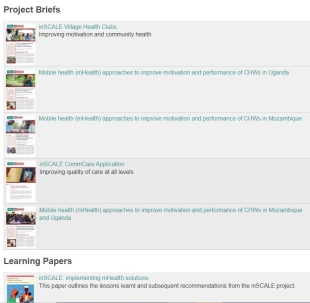 01/01/2012
Project report
01/01/2012
Project report
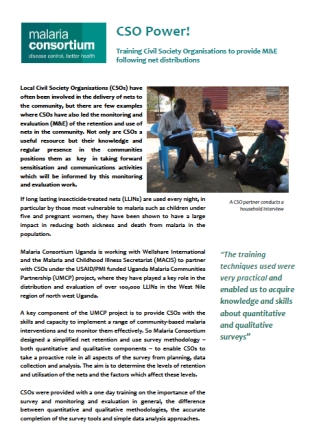 02/12/2011
Case study
02/12/2011
Case study
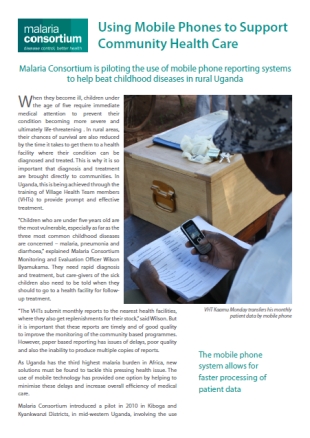 02/12/2011
Case study
02/12/2011
Case study
 18/10/2011
Journal article
18/10/2011
Journal article
 13/10/2011
Journal article
13/10/2011
Journal article
 15/07/2011
Journal article
15/07/2011
Journal article
 14/07/2011
Journal article
14/07/2011
Journal article
 30/06/2011
Journal article
30/06/2011
Journal article
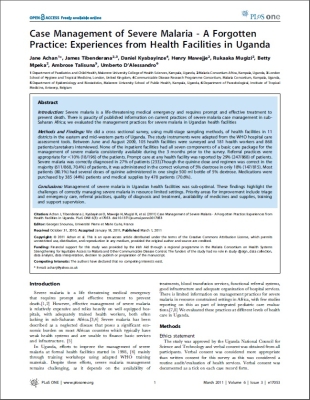 01/03/2011
Journal article
01/03/2011
Journal article
 15/11/2010
Journal article
15/11/2010
Journal article
 13/07/2010
Journal article
13/07/2010
Journal article
 12/07/2010
Journal article
12/07/2010
Journal article
 29/06/2010
Journal article
29/06/2010
Journal article
 20/04/2010
Journal article
20/04/2010
Journal article
Uganda
 25/04/2024
Project report
25/04/2024
Project report
Malaria Consortium’s seasonal malaria chemoprevention programme: Philanthropy report 2023
This report summarises achievements and challenges in areas where Malaria Consortium used philanthropic funding for SMC in 2023. 25/04/2024This report summarises achievements and challenges in areas where Malaria Consortium used philanthropic funding for SMC in 2023.
 25/04/2024
Project report
25/04/2024
Project report
Coverage and quality of seasonal malaria chemoprevention supported by Malaria Consortium in 2023
This report outlines our methods for monitoring coverage of our SMC programme and the quality of its delivery in 2023. 25/04/2024This report outlines our methods for monitoring coverage of our SMC programme and the quality of its delivery in 2023.
 23/04/2024
Project brief
23/04/2024
Project brief
Seasonal malaria chemoprevention
Malaria Consortium is a leading implementer of seasonal malaria chemoprevention (SMC) and carries out pioneering research to strengthen the quality and effectiveness of this life-saving intervention. 23/04/2024Malaria Consortium is a leading implementer of seasonal malaria chemoprevention (SMC) and carries out pioneering research to strengthen the quality and effectiveness of this life-saving intervention.
 28/03/2024
Project brief
28/03/2024
Project brief
Strengthening Uganda’s preparedness against arboviral threats
We are establishing a robust arboviral surveillance system as well as running training programmes and public awareness campaigns to bolster Uganda's defences against mosquito-borne viruses. 28/03/2024We are establishing a robust arboviral surveillance system as well as running training programmes and public awareness campaigns to bolster Uganda's defences against mosquito-borne viruses.
 22/01/2024
Capacity statement
22/01/2024
Capacity statement
Manejo integrado de casos na comunidade
Malaria Consortium possui ampla experiência no apoio a iniciativas de MICC em África e na Ásia. Implementámos uma série de programas de MICC, trabalhando em parceria com ministérios da saúde… 22/01/2024Malaria Consortium possui ampla experiência no apoio a iniciativas de MICC em África e na Ásia. Implementámos uma série de programas de MICC, trabalhando em parceria com ministérios da saúde com vista a apoiar a sustentabilidade destes serviços.
 22/01/2024
Capacity statement
22/01/2024
Capacity statement
Prise en charge intégrée des cas dans la communauté
Malaria Consortium possède une solide expérience en matière de soutien aux initiatives PEC-C en Afrique et en Asie. Nous avons mis en oeuvre toute une série de programmes PEC-C en… 22/01/2024Malaria Consortium possède une solide expérience en matière de soutien aux initiatives PEC-C en Afrique et en Asie. Nous avons mis en oeuvre toute une série de programmes PEC-C en partenariat avec divers ministères de la Santé.
 02/01/2024
Annual review
02/01/2024
Annual review
Trustee's report and financial statements for the year to 31 March 2023
Malaria Consortium's trustees present their report and the audited financial statements for the year which ended 31 March 2023. 02/01/2024Malaria Consortium's trustees present their report and the audited financial statements for the year which ended 31 March 2023.
 08/11/2023
Annual review
08/11/2023
Annual review
Un impact durable : 20 ans à sauver des vies et transformer des communautés
À l’occasion du 20e anniversaire du Malaria Consortium, donnons un aperçu de ce que nous avons accompli et de la manière dont nous cherchons à relever les principaux défis qui… 08/11/2023À l’occasion du 20e anniversaire du Malaria Consortium, donnons un aperçu de ce que nous avons accompli et de la manière dont nous cherchons à relever les principaux défis qui restent à relever.
 08/11/2023
Annual review
08/11/2023
Annual review
20 anos de impacto: Salvando vidas, transformando comunidades
Neste 20º aniversário do Malaria Consortium, refletimos sobre a jornada até agora e fornecemos insights sobre o que alcançamos e como procuramos enfrentar os principais desafios que permanecem. 08/11/2023Neste 20º aniversário do Malaria Consortium, refletimos sobre a jornada até agora e fornecemos insights sobre o que alcançamos e como procuramos enfrentar os principais desafios que permanecem.
 18/10/2023
Annual review
18/10/2023
Annual review
20 years of impact: Saving lives, transforming communities
On this, the 20th anniversary of Malaria Consortium, we reflect on the journey so far and provide insights into what we have achieved and how we seek to address the… 18/10/2023On this, the 20th anniversary of Malaria Consortium, we reflect on the journey so far and provide insights into what we have achieved and how we seek to address the key challenges that remain.
 21/09/2023
Technical brief
21/09/2023
Technical brief
Paving the way for universal health coverage
To help ensure our programmatic efforts continue to progress UHC in the countries in which we work, we have developed a dedicated action plan and a country assessment tool for… 21/09/2023To help ensure our programmatic efforts continue to progress UHC in the countries in which we work, we have developed a dedicated action plan and a country assessment tool for UHC.
 20/09/2023
Capacity statement
20/09/2023
Capacity statement
Integrated community case management
With vast experience in supporting iCCM initiatives across Africa and Asia, Malaria Consortium offers technical assistance to ministries of health to implement and improve their iCCM programmes. 20/09/2023With vast experience in supporting iCCM initiatives across Africa and Asia, Malaria Consortium offers technical assistance to ministries of health to implement and improve their iCCM programmes.
 01/09/2023
Project brief
01/09/2023
Project brief
Malaria control in Ebola-affected districts in Uganda
This project implemented a mass drug administration campaign for malaria in Ebola-affected districts in Uganda, contributing to national outbreak control efforts. 01/09/2023This project implemented a mass drug administration campaign for malaria in Ebola-affected districts in Uganda, contributing to national outbreak control efforts.
 21/08/2023
Capacity statement
21/08/2023
Capacity statement
Couverture sanitaire universelle
La couverture sanitaire universelle est essentielle pour la conception et la mise en oeuvre de nos programmes. 21/08/2023La couverture sanitaire universelle est essentielle pour la conception et la mise en oeuvre de nos programmes.
 21/07/2023
Journal article
21/07/2023
Journal article
Usability of pulse oximeters used by community health and primary care workers as screening tools for severe illness in children under five in low resource settings
This cross-sectional study explores the usability of pulse-oximeters for community health and primary care workers in Cambodia, Ethiopia, South Sudan and Uganda. 21/07/2023This cross-sectional study explores the usability of pulse-oximeters for community health and primary care workers in Cambodia, Ethiopia, South Sudan and Uganda.
 27/06/2023
Infographic
27/06/2023
Infographic
Milestones towards a malaria-free Uganda
The Supporting Uganda’s Malaria Reduction and Elimination Strategy project sets up integrated community case management to treat common childhood diseases. 27/06/2023The Supporting Uganda’s Malaria Reduction and Elimination Strategy project sets up integrated community case management to treat common childhood diseases.
 12/06/2023
Journal article
12/06/2023
Journal article
Improving community health worker treatment for malaria, diarrhoea, and pneumonia in Uganda through inSCALE community and mHealth innovations
The results of this cluster randomised controlled trial suggest that interventions that promote learning and increase CHWs' confidence and connectedness to the wider health system and community can increase appropriate… 12/06/2023The results of this cluster randomised controlled trial suggest that interventions that promote learning and increase CHWs' confidence and connectedness to the wider health system and community can increase appropriate treatment for malaria, diarrhoea and pneumonia.
 12/06/2023
Journal article
12/06/2023
Journal article
Improving outcomes for children with malaria, diarrhoea and pneumonia in Mozambique: A cluster randomised controlled trial of the inSCALE technology innovation
This study highlights the potential value of a technology intervention aimed at strengthening integrated community case management to address the largest causes of childhood morbidity and mortality in sub-Saharan Africa. 12/06/2023This study highlights the potential value of a technology intervention aimed at strengthening integrated community case management to address the largest causes of childhood morbidity and mortality in sub-Saharan Africa.
 26/05/2023
Capacity statement
26/05/2023
Capacity statement
Cobertura universal dos cuidados de saúde
A cobertura universal de saúde é fundamental para a conceção e implementação dos nossos programas. 26/05/2023A cobertura universal de saúde é fundamental para a conceção e implementação dos nossos programas.
 10/05/2023
Brochure
10/05/2023
Brochure
Unlocking community-based solutions in malaria in pregnancy: Harnessing the power of women and adolescents
We integrate community-centred gender- and youth-responsive approaches into our programme delivery. 10/05/2023We integrate community-centred gender- and youth-responsive approaches into our programme delivery.
 25/04/2023
Project report
25/04/2023
Project report
Coverage and quality of seasonal malaria chemoprevention supported by Malaria Consortium in 2022
This report outlines our methods for monitoring coverage of our SMC programme and the quality of its delivery in 2022. 25/04/2023This report outlines our methods for monitoring coverage of our SMC programme and the quality of its delivery in 2022.
 25/04/2023
Project report
25/04/2023
Project report
Malaria Consortium’s seasonal malaria chemoprevention programme: Philanthropy report 2022
This report summarises achievements and challenges in areas where Malaria Consortium used philanthropic funding for SMC. 25/04/2023This report summarises achievements and challenges in areas where Malaria Consortium used philanthropic funding for SMC.
 30/01/2023
Journal article
30/01/2023
Journal article
A hybrid effectiveness-implementation study protocol to assess the effectiveness and chemoprevention efficacy of implementing seasonal malaria chemoprevention in five districts in Karamoja region, Uganda
The study aims to test the effectiveness and safety of DP-SMC and SPAQ-SMC among 3–59 months old children in Karamoja region, Uganda. 30/01/2023The study aims to test the effectiveness and safety of DP-SMC and SPAQ-SMC among 3–59 months old children in Karamoja region, Uganda.
 12/12/2022
Capacity statement
12/12/2022
Capacity statement
Universal health coverage
Universal health coverage is fundamental to the design and implementation of our programmes. 12/12/2022Universal health coverage is fundamental to the design and implementation of our programmes.
 26/09/2022
Capacity statement
26/09/2022
Capacity statement
Changement social et comportemental
En tant que pionniers de programmes CSC inclusifs de lutte contre le paludisme, nos projets ont influencé les normes sociales, les connaissances et les comportements. 26/09/2022En tant que pionniers de programmes CSC inclusifs de lutte contre le paludisme, nos projets ont influencé les normes sociales, les connaissances et les comportements.
 26/09/2022
Capacity statement
26/09/2022
Capacity statement
Mudança social e de comportamento
Enquanto líder em programas de MSC inclusivos no âmbito da malária, os nossos projectos influenciaram normas sociais, conhecimentos, atitudes e comportamentos. 26/09/2022Enquanto líder em programas de MSC inclusivos no âmbito da malária, os nossos projectos influenciaram normas sociais, conhecimentos, atitudes e comportamentos.
 31/08/2022
Annual review
31/08/2022
Annual review
Trustees’ report and financial statements for the year to 31 March 2022
Malaria Consortium's trustees present their report and the audited financial statements for the year which ended 31 March 2022. 31/08/2022Malaria Consortium's trustees present their report and the audited financial statements for the year which ended 31 March 2022.
 12/08/2022
Synopsis
12/08/2022
Synopsis
Exploring the use of seasonal malaria chemoprevention in South Sudan
This study seeks to understand the feasibility, acceptability and effectiveness of SMC in South Sudan and explores scalability of SMC in other states. 12/08/2022This study seeks to understand the feasibility, acceptability and effectiveness of SMC in South Sudan and explores scalability of SMC in other states.
 12/07/2022
Project brief
12/07/2022
Project brief
Determining the malaria burden and long-term complications following SARS-CoV-2 infection
Our study conducted in Ethiopia and Uganda explores the relationship between past SARS-CoV-2 infection and malaria risk. 12/07/2022Our study conducted in Ethiopia and Uganda explores the relationship between past SARS-CoV-2 infection and malaria risk.
 31/05/2022
Technical brief
31/05/2022
Technical brief
Monitoria e avaliação da quimioprevenção sazonal da malária utilizando uma abordagem baseada num quadro lógico
Consórcio para a Malária realizou extensas avaliações dos aspetos operacionais do programa sazonal de quimioprevenção da malária. 31/05/2022Consórcio para a Malária realizou extensas avaliações dos aspetos operacionais do programa sazonal de quimioprevenção da malária.
 26/05/2022
Technical brief
26/05/2022
Technical brief
Suivi et évaluation de la chimioprévention du paludisme saisonnier par l’approche du cadre logique
Malaria Consortium a réalisé une analyse détaillée des aspects opérationnels du programme chimioprévention du paludisme saisonnier. 26/05/2022Malaria Consortium a réalisé une analyse détaillée des aspects opérationnels du programme chimioprévention du paludisme saisonnier.
 25/04/2022
Project report
25/04/2022
Project report
Coverage and quality of seasonal malaria chemoprevention supported by Malaria Consortium in 2021
This report outlines our methods for monitoring coverage of our SMC programme and the quality of its delivery in 2021. 25/04/2022This report outlines our methods for monitoring coverage of our SMC programme and the quality of its delivery in 2021.
 25/04/2022
Project report
25/04/2022
Project report
Malaria Consortium’s seasonal malaria chemoprevention program: Philanthropy report 2021
This report summarises achievements and challenges in areas where Malaria Consortium used philanthropic funding for SMC. 25/04/2022This report summarises achievements and challenges in areas where Malaria Consortium used philanthropic funding for SMC.
 12/04/2022
Capacity statement
12/04/2022
Capacity statement
Social and behaviour change
We implement evidence-based malaria SBC activities to promote community engagement and promote universal health coverage across Africa and Asia. 12/04/2022We implement evidence-based malaria SBC activities to promote community engagement and promote universal health coverage across Africa and Asia.
 26/03/2022
Project brief
26/03/2022
Project brief
Optimising a digitised community health toolkit in Buikwe, Uganda
Digital health can bring quality health services to hard-to-reach areas and facilitate real-time access to health information and data for informed decision-making. 26/03/2022Digital health can bring quality health services to hard-to-reach areas and facilitate real-time access to health information and data for informed decision-making.
 04/02/2022
Technical brief
04/02/2022
Technical brief
Monitoring and evaluating seasonal malaria chemoprevention using a logical framework approach
Malaria Consortium has developed a comprehensive framework for monitoring and evaluating SMC programmes. 04/02/2022Malaria Consortium has developed a comprehensive framework for monitoring and evaluating SMC programmes.
 03/02/2022
Capacity statement
03/02/2022
Capacity statement
Malaria Consortium Uganda
In Uganda, we demonstrate pioneering work in integrated community case management, social behaviour change and community engagement. 03/02/2022In Uganda, we demonstrate pioneering work in integrated community case management, social behaviour change and community engagement.
 26/01/2022
Project brief
26/01/2022
Project brief
Supporting Uganda’s Malaria Reduction and Elimination Strategy (SUMRES): Working towards malaria-free districts in Uganda
The SUMRES project aims to implement integrated community case management and other vector control measures. 26/01/2022The SUMRES project aims to implement integrated community case management and other vector control measures.
 25/01/2022
Learning brief
25/01/2022
Learning brief
Edutainment as a vehicle for malaria-related behavior change: Lessons learnt from Uganda
This malaria-related social behavior change intervention project in Uganda successfully applies strategies that focus on gender norms and perceptions. 25/01/2022This malaria-related social behavior change intervention project in Uganda successfully applies strategies that focus on gender norms and perceptions.
 04/12/2021
Journal article
04/12/2021
Journal article
Determinants of malaria testing at health facilities: The case of Uganda
These findings underscore the need for malaria control programmes to provide regular supportive supervision to health facilities and training in rapid diagnostic testing. 04/12/2021These findings underscore the need for malaria control programmes to provide regular supportive supervision to health facilities and training in rapid diagnostic testing.
 30/11/2021
Infographic
30/11/2021
Infographic
Webinar: Taking seasonal malaria chemoprevention to new geographies
In our webinar we are exploring if SMC can be deployed in areas in Africa outside the Sahel where malaria transmission is seasonal. 30/11/2021In our webinar we are exploring if SMC can be deployed in areas in Africa outside the Sahel where malaria transmission is seasonal.
 30/11/2021
Infographic
30/11/2021
Infographic
Webinaire: Déployer la chimioprévention du paludisme saisonnier dans de nouvelles régions
La CPS au moyen de la SPAQ au Mozambique et en Ouganda est sûre, faisable et acceptable dans le contexte local. 30/11/2021La CPS au moyen de la SPAQ au Mozambique et en Ouganda est sûre, faisable et acceptable dans le contexte local.
 30/11/2021
Infographic
30/11/2021
Infographic
Webinar: Levar a quimioprevenção sazonal da malária a novas geografias
Compreender as mudanças na resistência à SP em casos sintomáticos de malária para determinar o impacto a curto prazo no perfil de resistência à malária. 30/11/2021Compreender as mudanças na resistência à SP em casos sintomáticos de malária para determinar o impacto a curto prazo no perfil de resistência à malária.
 19/11/2021
Learning brief
19/11/2021
Learning brief
Assessing the effect of the ‘zooming-in’ approach to improve malaria-related indicators: Lessons learnt from Uganda
The innovative ‘zooming-in’ communication approach can generate exceptional results when applied with sufficient time, follow-up visits, mentorship and coaching. 19/11/2021The innovative ‘zooming-in’ communication approach can generate exceptional results when applied with sufficient time, follow-up visits, mentorship and coaching.
 25/10/2021
Journal article
25/10/2021
Journal article
Impact of current malaria infection and previous malaria exposure on the clinical profiles and outcome of COVID-19 in a high malaria transmission setting
Our co-infection study found that low previous malaria exposure was associated with severe or critical COVID-19 and adverse outcomes in a high burden malaria setting. 25/10/2021Our co-infection study found that low previous malaria exposure was associated with severe or critical COVID-19 and adverse outcomes in a high burden malaria setting.
 10/08/2021
Journal article
10/08/2021
Journal article
An assessment of the knowledge, practices and resources during the delivery of malaria healthcare services among private healthcare practitioners
This study determined the proportion of health workers in Uganda that adequately provided malaria case management according to national standards. 10/08/2021This study determined the proportion of health workers in Uganda that adequately provided malaria case management according to national standards.
 23/07/2021
Journal article
23/07/2021
Journal article
Performance of five pulse oximeters to detect hypoxaemia as an indicator of severe illness in children under five by frontline health workers in low-resource settings
In this first trial in Cambodia, Ethiopia, South Sudan and Uganda, researchers wanted to identify the most user-friendly pulse oximeters for frontline health workers. 23/07/2021In this first trial in Cambodia, Ethiopia, South Sudan and Uganda, researchers wanted to identify the most user-friendly pulse oximeters for frontline health workers.
 13/06/2021
Journal article
13/06/2021
Journal article
Evaluating the interrater agreement and acceptability of a new reference tool for assessing respiratory rate in children under five with cough and/or difficulty breathing
A new reference tool which facilitates manual annotation of breaths based on videos was developed to improve diagnosis of suspected cases and appropriate treatment. 13/06/2021A new reference tool which facilitates manual annotation of breaths based on videos was developed to improve diagnosis of suspected cases and appropriate treatment.
 10/06/2021
Learning paper
10/06/2021
Learning paper
Mettre en œuvre des campagnes de masse pendant une pandémie: Enseignements tirés du soutien à la chimioprévention du paludisme saisonnier pendant la COVID-19
Malaria Consortium a soutenu des programmes de CPS au Burkina Faso, au Tchad, au Nigeria, au Togo et au Mozambique. 10/06/2021Malaria Consortium a soutenu des programmes de CPS au Burkina Faso, au Tchad, au Nigeria, au Togo et au Mozambique.
 10/06/2021
Learning paper
10/06/2021
Learning paper
Implementação de campanhas em massa durante uma pandemia: Lições do apoio à quimioprevenção sazonal da malária durante a COVID-19
Malaria Consortium apoiou SMC no Burkina Faso, Chade, Nigéria, Togo e Moçambique. 10/06/2021Malaria Consortium apoiou SMC no Burkina Faso, Chade, Nigéria, Togo e Moçambique.
 02/06/2021
Project brief
02/06/2021
Project brief
Chimioprévention du paludisme saisonnier: Protéger les enfants de moins de cinq ans contre le paludisme durant les pics de transmission saisonniers
En 2021, notre programme vise à atteindre 20 millions d’enfants au Burkina Faso, au Tchad, au Nigéria et au Togo. 02/06/2021En 2021, notre programme vise à atteindre 20 millions d’enfants au Burkina Faso, au Tchad, au Nigéria et au Togo.
 02/06/2021
Project brief
02/06/2021
Project brief
Quimioprevenção sazonal da malária: Proteger os menores de cinco anos contra a malária durante a época alta de transmissão
Em 2021, o nosso programa tem como objectivo alcançar 20 milhões de crianças no Burquina Faso, Chade, Nigéria e Togo. 02/06/2021Em 2021, o nosso programa tem como objectivo alcançar 20 milhões de crianças no Burquina Faso, Chade, Nigéria e Togo.
 02/06/2021
Synopsis
02/06/2021
Synopsis
Evaluating the feasibility, acceptability and protective effectiveness of seasonal malaria chemoprevention in Karamoja, Uganda
With our study, we aim to inform malaria decision-making, policy change and strengthen existing interventions to further reduce malaria morbidity and mortality. 02/06/2021With our study, we aim to inform malaria decision-making, policy change and strengthen existing interventions to further reduce malaria morbidity and mortality.
 13/05/2021
Project brief
13/05/2021
Project brief
Seasonal malaria chemoprevention: Protecting children under five from malaria during peak transmission season
In 2021, Malaria Consortium's SMC programme aims to reach 20 million children in Burkina Faso, Chad, Nigeria and Togo. 13/05/2021In 2021, Malaria Consortium's SMC programme aims to reach 20 million children in Burkina Faso, Chad, Nigeria and Togo.
 29/04/2021
Learning paper
29/04/2021
Learning paper
Implementing mass campaigns during a pandemic: What we learnt from supporting seasonal malaria chemoprevention during COVID-19
Key learnings from supporting SMC implementation during the pandemic give invaluable insights that can inform future SMC implementation. 29/04/2021Key learnings from supporting SMC implementation during the pandemic give invaluable insights that can inform future SMC implementation.
 16/04/2021
Project report
16/04/2021
Project report
Malaria Consortium’s seasonal malaria chemoprevention program: Philanthropy report 2020
Malaria Consortium’s annual report on the use of philanthropic funding for SMC. 16/04/2021Malaria Consortium’s annual report on the use of philanthropic funding for SMC.
 25/01/2021
Capacity statement
25/01/2021
Capacity statement
Saúde digital
Acreditamos que a saúde digital é essencial para alcançar um acesso equitativo a um serviço de qualidade e aumentar a eficácia e eficiência dos sistemas de saúde. 25/01/2021Acreditamos que a saúde digital é essencial para alcançar um acesso equitativo a um serviço de qualidade e aumentar a eficácia e eficiência dos sistemas de saúde.
 14/01/2021
Capacity statement
14/01/2021
Capacity statement
La santé numérique
Nous croyons que la santé numérique est essentielle pour assurer un accès équitable à une gestion de cas de qualité et améliorer l’efficacité des systèmes de santé. 14/01/2021Nous croyons que la santé numérique est essentielle pour assurer un accès équitable à une gestion de cas de qualité et améliorer l’efficacité des systèmes de santé.
 07/01/2021
Journal article
07/01/2021
Journal article
Challenges and strategies for conducting clinical research during the COVID-19 pandemic: Experiences from resource-limited settings
We initiated an observational case series study to assess the magnitude and clinical consequences of coinfection of COVID-19, malaria and other common infections. 07/01/2021We initiated an observational case series study to assess the magnitude and clinical consequences of coinfection of COVID-19, malaria and other common infections.
 04/12/2020
Capacity statement
04/12/2020
Capacity statement
Digital health
We believe digital health is key to achieving equitable access to quality case management and advancing health system effectiveness and efficiency. 04/12/2020We believe digital health is key to achieving equitable access to quality case management and advancing health system effectiveness and efficiency.
 03/11/2020
Case study
03/11/2020
Case study
Empowering youth to mobilise their communities in the fight against malaria: Swale’s story
Iyosiga Swale, a newly appointed young village health team member, continued to serve his community during the COVID-19 pandemic. 03/11/2020Iyosiga Swale, a newly appointed young village health team member, continued to serve his community during the COVID-19 pandemic.
 03/11/2020
Case study
03/11/2020
Case study
Taking the fight against malaria from home to school
After receiving training from key influencers trained by USAID’s MAPD, school teacher Twinomugisa Harriet ensures her year two pupils are free from malaria. 03/11/2020After receiving training from key influencers trained by USAID’s MAPD, school teacher Twinomugisa Harriet ensures her year two pupils are free from malaria.
 30/10/2020
Learning brief
30/10/2020
Learning brief
Mainstreaming gender and youth in malaria programming in Uganda
Malaria Consortium's USAID MAPD project explored the gender- and youth-related norms that might be hindering effective malaria control in Uganda. 30/10/2020Malaria Consortium's USAID MAPD project explored the gender- and youth-related norms that might be hindering effective malaria control in Uganda.
 30/10/2020
Project report
30/10/2020
Project report
USAID Malaria Action Program for Districts: Year 4 report
During its fourth year, the project continued to conduct capacity building and health system strengthening despite the emergence of the COVID-19 pandemic. 30/10/2020During its fourth year, the project continued to conduct capacity building and health system strengthening despite the emergence of the COVID-19 pandemic.
 15/09/2020
Case study
15/09/2020
Case study
Tumuramye’s story about preventing malaria infection in his family
USAID’s Malaria Action Program for Districts in Uganda trained key influencers to use the ‘zooming in’ approach — a data-driven surveillance approach. 15/09/2020USAID’s Malaria Action Program for Districts in Uganda trained key influencers to use the ‘zooming in’ approach — a data-driven surveillance approach.
 26/08/2020
Capacity statement
26/08/2020
Capacity statement
Paludisme : Surveillance et réponse
Cette déclaration de capacité détaille notre expertise substantielle en matière de surveillance et de riposte, en mettant en évidence des projets en Afrique et en Asie. 26/08/2020Cette déclaration de capacité détaille notre expertise substantielle en matière de surveillance et de riposte, en mettant en évidence des projets en Afrique et en Asie.
 26/08/2020
Capacity statement
26/08/2020
Capacity statement
Vigilância e resposta à malária
Esta declaração de capacidade detalha nossa experiência substancial em vigilância e resposta à malária, destacando projetos na África e na Ásia. 26/08/2020Esta declaração de capacidade detalha nossa experiência substancial em vigilância e resposta à malária, destacando projetos na África e na Ásia.
 29/07/2020
Capacity statement
29/07/2020
Capacity statement
Malaria surveillance and response
This capacity statement details our substantial expertise in malaria surveillance and response, highlighting projects in Africa and Asia. 29/07/2020This capacity statement details our substantial expertise in malaria surveillance and response, highlighting projects in Africa and Asia.
 23/07/2020
Project brief
23/07/2020
Project brief
Supporting frontline health workers in Uganda: Strengthening capacity during COVID-19 and beyond
With Mastercard Foundation, we are developing the capacity of frontline health workers to tackle COVID-19 while providing community case management services. 23/07/2020With Mastercard Foundation, we are developing the capacity of frontline health workers to tackle COVID-19 while providing community case management services.
 18/06/2020
Project brief
18/06/2020
Project brief
Evaluating the impact of COVID-19 on malaria and other infectious diseases in Uganda: Understanding comorbidities
This project seeks to understand the burden of malaria, but also of TB and HIV/AIDS, among patients with COVID-19 to assess the potential interactions. 18/06/2020This project seeks to understand the burden of malaria, but also of TB and HIV/AIDS, among patients with COVID-19 to assess the potential interactions.
 22/05/2020
Case study
22/05/2020
Case study
Malaria prevention during challenging times of COVID-19
Fewer people are following malaria prevention activities and seeking malaria treatment during lockdown. 22/05/2020Fewer people are following malaria prevention activities and seeking malaria treatment during lockdown.
 05/03/2020
Brochure
05/03/2020
Brochure
Estabelecimento de parcerias com os governos para melhoria da saúde materno-infantil
Esta brochura apresenta exemplos da assistência técnica que temos prestado a vários governos. 05/03/2020Esta brochura apresenta exemplos da assistência técnica que temos prestado a vários governos.
 10/02/2020
Brochure
10/02/2020
Brochure
Collaboration avec les gouvernements afin d’améliorer la santé maternelle et infantile
Cette brochure offre des exemples de l’assistance technique que nous avons fournie à divers gouvernements. 10/02/2020Cette brochure offre des exemples de l’assistance technique que nous avons fournie à divers gouvernements.
 20/12/2019
Project report
20/12/2019
Project report
MAPD Malaria SBCC Dipstick Report 2019
USAID’s Malaria Action Program for Districts assess the current knowledge, attitudes and practices of malaria prevention and control in five regions in Uganda. 20/12/2019USAID’s Malaria Action Program for Districts assess the current knowledge, attitudes and practices of malaria prevention and control in five regions in Uganda.
 17/12/2019
Brochure
17/12/2019
Brochure
Partnering with governments to improve maternal and child health
This brochure offers examples of the technical assistance we have provided to various governments. 17/12/2019This brochure offers examples of the technical assistance we have provided to various governments.
 10/12/2019
Project brief
10/12/2019
Project brief
Post-distribution monitoring of long-lasting insecticidal nets in Uganda
This post-distribution monitoring project will track the ownership, use and condition of long-lasting insecticidal nets in 419,100 households. 10/12/2019This post-distribution monitoring project will track the ownership, use and condition of long-lasting insecticidal nets in 419,100 households.
 05/12/2019
Journal article
05/12/2019
Journal article
More work needs to be done to ensure that better pneumonia diagnostics aids are developed and launched to better support frontline health workers
Malaria Consortium's response to Ansermino et al.'s article 'Are respiratory rate counters really so bad' was published in EClinicalMedicine. 05/12/2019Malaria Consortium's response to Ansermino et al.'s article 'Are respiratory rate counters really so bad' was published in EClinicalMedicine.
 20/11/2019
Advocacy report
20/11/2019
Advocacy report
The spread of superbugs: Why low- and middle-income countries must act now to tackle antimicrobial resistance
A coordinated, cross-sectoral and multi-pronged approach is needed at all levels of government to ensure an effective and targeted response. 20/11/2019A coordinated, cross-sectoral and multi-pronged approach is needed at all levels of government to ensure an effective and targeted response.
 07/11/2019
Journal article
07/11/2019
Journal article
Institutionalisation of integrated community case management into national health systems in low- and middle-income countries: A scoping review of the literature
This article identifies models of, and gaps in, the institutionalisation of integrated community case management into national health systems. 07/11/2019This article identifies models of, and gaps in, the institutionalisation of integrated community case management into national health systems.
 30/10/2019
Project report
30/10/2019
Project report
USAID Malaria Action Program for Districts: Year 3 report
During MAPD's third year, the project overcame a number of additional challenges including prolonged upsurges of malaria in some districts. Read the Year 3 report in full... 30/10/2019During MAPD's third year, the project overcame a number of additional challenges including prolonged upsurges of malaria in some districts. Read the Year 3 report in full...
 24/10/2019
Project brief
24/10/2019
Project brief
Expanding integrated community case management for maternal and child survival
We supported the Ministry of Health in Uganda to strengthen referral systems for under-fives with danger signs, and to deliver integrated community-level services. 24/10/2019We supported the Ministry of Health in Uganda to strengthen referral systems for under-fives with danger signs, and to deliver integrated community-level services.
 23/09/2019
Project brief
23/09/2019
Project brief
Regional health integration to enhance services in eastern Uganda
Our project supports the delivery of malaria prevention and treatment interventions, as well as maternal, newborn and child care activities in Uganda. 23/09/2019Our project supports the delivery of malaria prevention and treatment interventions, as well as maternal, newborn and child care activities in Uganda.
 30/08/2019
Newsletter
30/08/2019
Newsletter
August 2019 newsletter
Our August 2019 newsletter features a blog from USAID's Malaria Action Program for Districts in Uganda and updates from Mozambique. 30/08/2019Our August 2019 newsletter features a blog from USAID's Malaria Action Program for Districts in Uganda and updates from Mozambique.
 07/08/2019
Infographic
07/08/2019
Infographic
Surveillance
This fact sheet explains what surveillance is and why it is important. 07/08/2019This fact sheet explains what surveillance is and why it is important.
 31/07/2019
Newsletter
31/07/2019
Newsletter
July 2019 newsletter
Our July 2019 newsletter marks the start of a new SMC campaign in the Sahel region, plus the launch of project on films from Uganda and Bangladesh. 31/07/2019Our July 2019 newsletter marks the start of a new SMC campaign in the Sahel region, plus the launch of project on films from Uganda and Bangladesh.
 01/07/2019
Journal article
01/07/2019
Journal article
Performance of four respiratory rate counters to support community health workers to detect the symptoms of pneumonia in children in low resource settings
This study analysed the performance of improved respiratory rate timers that are used to detect pneumonia symptoms in low-resource settings. 01/07/2019This study analysed the performance of improved respiratory rate timers that are used to detect pneumonia symptoms in low-resource settings.
 30/05/2019
Project report
30/05/2019
Project report
Strengthening Uganda's response to malaria (SURMa) in Mid-North and Karamoja sub-regions of Uganda
This report presents the findings of a study to understand health providers’ and community members’ knowledge, attitudes and behaviours in relation to malaria control. 30/05/2019This report presents the findings of a study to understand health providers’ and community members’ knowledge, attitudes and behaviours in relation to malaria control.
 20/05/2019
Capacity statement
20/05/2019
Capacity statement
Universal health coverage capacity statement
This capacity statement outlines our contribution to supporting countries to achieve universal health coverage (UHC). Malaria Consortium considers UHC, as defined by the World Health Organization (WHO), fundamental to the… 20/05/2019This capacity statement outlines our contribution to supporting countries to achieve universal health coverage (UHC). Malaria Consortium considers UHC, as defined by the World Health Organization (WHO), fundamental to the design and implementation of all our programmes. Our tailored interventions…
 06/02/2019
Insight brief
06/02/2019
Insight brief
Improving maternal and newborn health in midwestern Uganda: Insights from Kibale and Hoima
We worked with the Ugandan Ministry of Health to implement a project that sought to improve maternal and child health outcomes. 06/02/2019We worked with the Ugandan Ministry of Health to implement a project that sought to improve maternal and child health outcomes.
 04/02/2019
Project brief
04/02/2019
Project brief
Supporting government to control malaria in Uganda
The USAID’s Malaria Action Program for Districts aims to strengthen the government’s capacity to design, plan and monitor malaria control activities. 04/02/2019The USAID’s Malaria Action Program for Districts aims to strengthen the government’s capacity to design, plan and monitor malaria control activities.
 13/12/2018
Annual review
13/12/2018
Annual review
Annual report 2017–2018: All-Party Parliamentary Group on Malaria and Neglected Tropical Diseases
The All-Party Parliamentary Group on Malaria and Neglected Tropical Diseases (APPMG) provides a forum for exploring issues pertaining to the fight against malaria and neglected tropical diseases (NTDs). Keeping malaria… 13/12/2018The All-Party Parliamentary Group on Malaria and Neglected Tropical Diseases (APPMG) provides a forum for exploring issues pertaining to the fight against malaria and neglected tropical diseases (NTDs). Keeping malaria and NTDs high on the political agenda is crucial to…
 11/12/2018
Annual review
11/12/2018
Annual review
Trustees' report and financial statements for the year to 31 March 2018
Malaria Consortium's Trustees present their report and the audited financial statements for the year which ended 31 March 2018. 11/12/2018Malaria Consortium's Trustees present their report and the audited financial statements for the year which ended 31 March 2018.
 12/11/2018
Journal article
12/11/2018
Journal article
Comparative efficacy of artemether-lumefantrine and dihydroartemisinin-piperaquine for the treatment of uncomplicated malaria in Ugandan children
In Uganda, artemether-lumefantrine (AL) and dihydroartemisinin-piperaquine (DHA-PQ) showed excellent treatment efficacy for uncomplicated malaria in prior trials. Because resistance to artemisinins and piperaquine is increasing in southeast Asia and the… 12/11/2018In Uganda, artemether-lumefantrine (AL) and dihydroartemisinin-piperaquine (DHA-PQ) showed excellent treatment efficacy for uncomplicated malaria in prior trials. Because resistance to artemisinins and piperaquine is increasing in southeast Asia and the prevalence of Plasmodium falciparum polymorphisms associated with resistance has changed,…
 30/10/2018
Project report
30/10/2018
Project report
USAID Malaria Action Program for Districts: Year 2 report
During its second year, the project contributed to reducing new malaria infections, increased access to treatment and reduced death. Read the Year 2 report in full... 30/10/2018During its second year, the project contributed to reducing new malaria infections, increased access to treatment and reduced death. Read the Year 2 report in full...
 26/10/2018
Journal article
26/10/2018
Journal article
Effect of environmental variables and kdr resistance genotype on survival probability and infection rates in Anopheles gambiae (s.s)
BACKGROUND: Environmental factors, especially ambient temperature and relative humidity affect both mosquitoes and malaria parasites. The early part of sporogony is most sensitive and is affected by high temperatures and temperature… 26/10/2018BACKGROUND: Environmental factors, especially ambient temperature and relative humidity affect both mosquitoes and malaria parasites. The early part of sporogony is most sensitive and is affected by high temperatures and temperature fluctuation immediately following ingestion of an infectious blood meal. The…
 25/10/2018
Journal article
25/10/2018
Journal article
Performance, Acceptability, and Usability of Respiratory Rate Timers and Pulse Oximeters When Used by Frontline Health Workers to Detect Symptoms of Pneumonia in Sub-Saharan Africa and Southeast Asia: Protocol for a Two-Phase, Multisite, Mixed-Methods Trial
BACKGROUND:Pneumonia is one of the leading causes of death in children aged under 5 years in both sub-Saharan Africa and Southeast Asia. The current diagnostic criterion for pneumonia is based… 25/10/2018BACKGROUND:Pneumonia is one of the leading causes of death in children aged under 5 years in both sub-Saharan Africa and Southeast Asia. The current diagnostic criterion for pneumonia is based on the increased respiratory rate (RR) in children with cough…
 15/10/2018
Case study
15/10/2018
Case study
Working with religious leaders to drive positive behavior change
USAID’s Malaria Action Program for Districts works together with religious leaders to develop sermon guides about malaria and health, so these influential leaders can drive positive malaria change among their… 15/10/2018USAID’s Malaria Action Program for Districts works together with religious leaders to develop sermon guides about malaria and health, so these influential leaders can drive positive malaria change among their followers – a novel approach in Uganda...
 24/09/2018
Insight brief
24/09/2018
Insight brief
Maternal and newborn care: Saving premature babies in Uganda
As part of the Integrated Community Case Management-Maternal and Child Survival (iCCM-MaCS) project, Malaria Consortium provided formal health facilities in Uganda with incubators and established the use of kangaroo mother… 24/09/2018As part of the Integrated Community Case Management-Maternal and Child Survival (iCCM-MaCS) project, Malaria Consortium provided formal health facilities in Uganda with incubators and established the use of kangaroo mother care — a World Health Organization-endorsed alternative to conventional neonatal…
 24/09/2018
Project brief
24/09/2018
Project brief
Strengthening Uganda's response to malaria
The Strengthening Uganda’s Response to Malaria (SURMa) project aims to improve access to and uptake of high-quality malaria prevention and control services. Malaria Consortium, in partnership with Unicef, is supporting… 24/09/2018The Strengthening Uganda’s Response to Malaria (SURMa) project aims to improve access to and uptake of high-quality malaria prevention and control services. Malaria Consortium, in partnership with Unicef, is supporting the Ministry of Health to implement the project, funded by…
 21/09/2018
Advocacy brief
21/09/2018
Advocacy brief
Malaria Consortium and the Sustainable Development Goals
This brochure highlights some of the key ways in which Malaria Consortium is contributing to the Sustainable Development Goals and illustrates the importance of using a multifaceted approach to improve… 21/09/2018This brochure highlights some of the key ways in which Malaria Consortium is contributing to the Sustainable Development Goals and illustrates the importance of using a multifaceted approach to improve health outcomes globally.
 15/09/2018
Case study
15/09/2018
Case study
Sulphadoxine-pyrimethamine on essential drugs list for preventing malaria in pregnancy
USAID’s Malaria Action Program for Districts influences the Government of Uganda, via the Ministry of Health, to take important steps in improving provision of SP (sulphadoxine-pyrimethamine) – an essential drug… 15/09/2018USAID’s Malaria Action Program for Districts influences the Government of Uganda, via the Ministry of Health, to take important steps in improving provision of SP (sulphadoxine-pyrimethamine) – an essential drug needed for the prevention of malaria in pregnancy...
 12/09/2018
Case study
12/09/2018
Case study
Malaria drops to no. 2 in terms of outpatient attendance in Masaka region, Uganda
All districts in Masaka region, central Uganda are, for the first time reporting that malaria has fallen to become the second highest contributor to its outpatient department health issues, rather… 12/09/2018All districts in Masaka region, central Uganda are, for the first time reporting that malaria has fallen to become the second highest contributor to its outpatient department health issues, rather than the highest...
 06/09/2018
Journal article
06/09/2018
Journal article
Improving health worker performance through text messaging: A mixed-methods evaluation of a pilot intervention designed to increase coverage of intermittent preventive treatment of malaria in pregnancy in West Nile, Uganda
Poor health worker performance is a well-documented obstacle to quality service provision. Due to the increasingly widespread availability of mobile devices, mobile health (mHealth) has received growing attention as a… 06/09/2018Poor health worker performance is a well-documented obstacle to quality service provision. Due to the increasingly widespread availability of mobile devices, mobile health (mHealth) has received growing attention as a service improvement tool. This pilot study explored feasibility, acceptability and…
 05/09/2018
Case study
05/09/2018
Case study
MAPD supports improvement of malaria diagnostics capacity, outcomes and leadership
USAID’s Malaria Action Program for Districts has built the technical and leadership capacity of Uganda to ensure accurate and appropriate malaria diagnostics... 05/09/2018USAID’s Malaria Action Program for Districts has built the technical and leadership capacity of Uganda to ensure accurate and appropriate malaria diagnostics...
 23/07/2018
Case study
23/07/2018
Case study
Village health club creates local solutions
Since 2016, USAID’s Malaria Action Program for Districts (MAPD) has been working with key influencers to reduce the malaria burden in Uganda. One of them is Ernest, a volunteer community… 23/07/2018Since 2016, USAID’s Malaria Action Program for Districts (MAPD) has been working with key influencers to reduce the malaria burden in Uganda. One of them is Ernest, a volunteer community health worker from Rutoke village who is promoting essential malaria…
 19/07/2018
Journal article
19/07/2018
Journal article
Community understanding of the concept of pre-referral treatment and how this impacts on referral related decision-making following the provision of rectal artesunate: A qualitative study in western Uganda
Background Successful pre-referral treatment with rectal artesunate (RA) for suspected severe malaria requires operational linkages between community health workers (CHWs) and referral facilities, acceptance of pre-referral treatment and adherence to referral… 19/07/2018Background Successful pre-referral treatment with rectal artesunate (RA) for suspected severe malaria requires operational linkages between community health workers (CHWs) and referral facilities, acceptance of pre-referral treatment and adherence to referral practices by CHWs and caregivers. This qualitative study investigated how…
 14/06/2018
Case study
14/06/2018
Case study
Pharaoh's story: Community health workers promote change through village health clubs
Pharaoh, Bukinda village’s integrated community case management (iCCM) health worker, is working with members of his community to find solutions to common health issues through the establishment of village health… 14/06/2018Pharaoh, Bukinda village’s integrated community case management (iCCM) health worker, is working with members of his community to find solutions to common health issues through the establishment of village health clubs. With his experience in iCCM, Pharaoh symbolises good health…
 14/06/2018
Case study
14/06/2018
Case study
Improved management and prevention of malaria in pregnancy
Effective management of malaria in pregnancy (MiP) requires key antimalarial commodities to always be available at health facilities. To improve the management and prevention of MiP, USAID’s Malaria Action Program… 14/06/2018Effective management of malaria in pregnancy (MiP) requires key antimalarial commodities to always be available at health facilities. To improve the management and prevention of MiP, USAID’s Malaria Action Program for Districts (MAPD) project worked at district and national levels…
 02/05/2018
Case study
02/05/2018
Case study
Kibuuba’s key influencer: Promoting change from within
Moses, a voluntary community health worker and key influencer from Uganda's Kibuuba village, is promoting essential malaria prevention and control behaviours. By working with local and district leaders to find… 02/05/2018Moses, a voluntary community health worker and key influencer from Uganda's Kibuuba village, is promoting essential malaria prevention and control behaviours. By working with local and district leaders to find solutions to common health issues, he is creating sustainable change…
 02/05/2018
Case study
02/05/2018
Case study
Strengthening regional referral hospitals to provide evidence‐based technical support to district health services
USAID’s Malaria Action for Districts project has been working with the Ministry of Health in Uganda to strengthen the capacity of regional referral hospitals, improve the quality of their services… 02/05/2018USAID’s Malaria Action for Districts project has been working with the Ministry of Health in Uganda to strengthen the capacity of regional referral hospitals, improve the quality of their services and improve the provision of technical supervision to districts. As…
 10/03/2018
Case study
10/03/2018
Case study
Innovations in the net distribution coordination: the use of WhatsApp
The second Uganda universal net coverage campaign, launched in February 2017, saw the innovative use of the messenger application – WhatsApp – improve central coordination, make decision-making quicker, and promote… 10/03/2018The second Uganda universal net coverage campaign, launched in February 2017, saw the innovative use of the messenger application – WhatsApp – improve central coordination, make decision-making quicker, and promote information sharing during the campaign...
 28/11/2017
Journal article
28/11/2017
Journal article
Integrated community case management in a peri-urban setting: A qualitative evaluation in Wakiso District, Uganda
Background Integrated community case management (iCCM) strategies aim to reach poor communities by providing timely access to treatment for malaria, pneumonia and diarrhoea for children under 5 years of age.… 28/11/2017Background Integrated community case management (iCCM) strategies aim to reach poor communities by providing timely access to treatment for malaria, pneumonia and diarrhoea for children under 5 years of age. Community health workers, known as Village Health Teams (VHTs) in…
 20/11/2017
Insight brief
20/11/2017
Insight brief
MAPD Youth Analysis Report
Globally, there are few studies exploring malaria prevention and treatment among adolescents, with the exception of pregnant adolescents. This is despite the fact that malaria is the cause of 50… 20/11/2017Globally, there are few studies exploring malaria prevention and treatment among adolescents, with the exception of pregnant adolescents. This is despite the fact that malaria is the cause of 50 percent of deaths in sub-Saharan African school children...
 17/11/2017
Case study
17/11/2017
Case study
Improving health workers’ adherence to test, treat and track procedures
Observing the test, treat and track policy requirements have been a challenge for health workers in overcrowded health facilities. A training that encouraged health workers to observe the standards of… 17/11/2017Observing the test, treat and track policy requirements have been a challenge for health workers in overcrowded health facilities. A training that encouraged health workers to observe the standards of managing malaria cases has resulted in...
 30/10/2017
Project report
30/10/2017
Project report
USAID Malaria Action Program for Districts: Year 1 report
During MAPD's first year, the project rapidly completed its start-up activities and conducted capacity building, health system strengthening, and activity implementation in all districts. Read the Year 1 report in… 30/10/2017During MAPD's first year, the project rapidly completed its start-up activities and conducted capacity building, health system strengthening, and activity implementation in all districts. Read the Year 1 report in full...
 17/10/2017
Annual review
17/10/2017
Annual review
Trustees' report and financial statements for the year to 31 March 2017
Malaria Consortium's Trustees present their report and the audited financial statements for the year which ended 31 March 2017. 17/10/2017Malaria Consortium's Trustees present their report and the audited financial statements for the year which ended 31 March 2017.
 15/10/2017
Case study
15/10/2017
Case study
Mothers receive the right number of IPTp doses to prevent malaria in pregnancy
USAID’s Malaria Action Program for Districts in Uganda has been improving the uptake of intermittent preventive treatment for malaria by pregnant women visiting antenatal centers... 15/10/2017USAID’s Malaria Action Program for Districts in Uganda has been improving the uptake of intermittent preventive treatment for malaria by pregnant women visiting antenatal centers...
 12/09/2017
Newsletter
12/09/2017
Newsletter
Providing Ugandan community health workers with bicycles
Village health team members from 43 communities in Iyolwa, a sub-county in eastern Uganda, received brand new bicycles this month thanks to our recent fundraising campaign. Malaria Consortium launched the… 12/09/2017Village health team members from 43 communities in Iyolwa, a sub-county in eastern Uganda, received brand new bicycles this month thanks to our recent fundraising campaign. Malaria Consortium launched the campaign earlier this year so they can reach more people…
Delivering nets at the last mile: Success through promoting a culture of net use
This success story discusses USAID’s Malaria Action Program for Districts, which distributed one million long lasting insecticidal nets to 1,978,114 people in three districts in Uganda in February and March… 05/07/2017This success story discusses USAID’s Malaria Action Program for Districts, which distributed one million long lasting insecticidal nets to 1,978,114 people in three districts in Uganda in February and March 2017. A focus on promoting positive behaviour change led to…
 07/06/2017
Journal article
07/06/2017
Journal article
Community dialogues for child health: Results from a qualitative process evaluation in three countries
Background Across the developing world, countries are increasingly adop ting the integrated community casemanagement of childhood illnesses (iCCM) strategy in efforts to reduce child mortality. This intervention’s effectivenessis dependent on community… 07/06/2017Background Across the developing world, countries are increasingly adop ting the integrated community casemanagement of childhood illnesses (iCCM) strategy in efforts to reduce child mortality. This intervention’s effectivenessis dependent on community adop tion and changes in care-seeking practices. We assessed the…
 15/05/2017
Case study
15/05/2017
Case study
Malaria attains a spot on district agenda
USAID’s Malaria Action Program for Districts supported the Ministry of Health to organize a Grand Round meeting to sensitize district leaders on malaria control and highlight the need to allocate… 15/05/2017USAID’s Malaria Action Program for Districts supported the Ministry of Health to organize a Grand Round meeting to sensitize district leaders on malaria control and highlight the need to allocate resources for malaria control in the Rwenzori region...
 09/05/2017
Journal article
09/05/2017
Journal article
Childhood pneumonia diagnostics: Community health workers’ and national stakeholders’ differing perspectives of new and existing aids
Background Pneumonia heavily contributes to global under-five mortality. Many countries use community case management to detect and treat childhood pneumonia. Community health workers (CHWs) have limited tools to help them assess… 09/05/2017Background Pneumonia heavily contributes to global under-five mortality. Many countries use community case management to detect and treat childhood pneumonia. Community health workers (CHWs) have limited tools to help them assess signs of pneumonia. New respiratory rate (RR) counting devices and…
 02/05/2017
Case study
02/05/2017
Case study
Awareness raising activities increase community engagement in malaria prevention
In Uganda – where the malaria burden is among the highest in the world – raising public awareness of the disease is helping to contribute to the prevention and treatment… 02/05/2017In Uganda – where the malaria burden is among the highest in the world – raising public awareness of the disease is helping to contribute to the prevention and treatment of malaria in communities...
 20/04/2017
Journal article
20/04/2017
Journal article
Insecticide resistance patterns in Uganda and the effect of indoor residual spraying with bendiocarb on kdr L1014S frequencies in Anopheles gambiae s.s.
Background Resistance of malaria vectors to pyrethroid insecticides has been attributed to selection pressure from long-lasting insecticidal nets (LLINs), indoor residual spraying (IRS), and the use of chemicals in agriculture. The… 20/04/2017Background Resistance of malaria vectors to pyrethroid insecticides has been attributed to selection pressure from long-lasting insecticidal nets (LLINs), indoor residual spraying (IRS), and the use of chemicals in agriculture. The use of different classes of insecticides in combination or by…
 17/04/2017
Journal article
17/04/2017
Journal article
Travel and the emergence of high-level drug resistance in Plasmodium falciparum in southwest Uganda: Results from a population-based study
Background The I164L mutation on the dhfr gene confers high level resistance to sulfadoxine–pyrimethamine (SP) but it is rare in Africa except in a cluster of reports where prevalence >10%… 17/04/2017Background The I164L mutation on the dhfr gene confers high level resistance to sulfadoxine–pyrimethamine (SP) but it is rare in Africa except in a cluster of reports where prevalence >10% in highland areas of southwest Uganda and eastern Rwanda. The…
 31/03/2017
Learning brief
31/03/2017
Learning brief
Informing policy and practice to improve quality of care for malaria in pregnancy in Uganda
Which activities supported the uptake of results from an operational research study that explored the barriers to achieving high coverage of intermittent preventive treatment for malaria in pregnancy in Uganda?… 31/03/2017Which activities supported the uptake of results from an operational research study that explored the barriers to achieving high coverage of intermittent preventive treatment for malaria in pregnancy in Uganda? This learning brief is particularly useful for researchers wishing to…
 29/03/2017
Research brief
29/03/2017
Research brief
Strengthening service delivery for malaria in pregnancy: A mobile health pilot intervention in West Nile, Uganda
To address key barriers to the uptake of intermittent preventive treatment for malaria in pregnancy (IPTp), Malaria Consortium developed a pilot intervention that trained health workers on malaria in pregnancy.… 29/03/2017To address key barriers to the uptake of intermittent preventive treatment for malaria in pregnancy (IPTp), Malaria Consortium developed a pilot intervention that trained health workers on malaria in pregnancy. Following the training, they received text messages reinforcing the training…
 03/02/2017
Annual review
03/02/2017
Annual review
Malaria Consortium strategy 2015–2019
To achieve our mission, Malaria Consortium will work with partners — including all levels of government — to improve the lives of all in Africa and Asia, especially the poorest… 03/02/2017To achieve our mission, Malaria Consortium will work with partners — including all levels of government — to improve the lives of all in Africa and Asia, especially the poorest and most marginalised. We will target key health burdens, including…
 21/11/2016
Learning paper
21/11/2016
Learning paper
Implementing mobile health solutions
Malaria Consortium’s inSCALE project has been working to scale up quality integrated community case management programmes to improve child health in Uganda and Mozambique. This learning paper details the process… 21/11/2016Malaria Consortium’s inSCALE project has been working to scale up quality integrated community case management programmes to improve child health in Uganda and Mozambique. This learning paper details the process of establishing mobile health interventions to improve community health workers’…
 21/11/2016
Learning paper
21/11/2016
Learning paper
Implementação da tecnologia móvel da saúde
O projeto inSCALE da Malaria Consortium tem se empenhado para aumentar a qualidade dos programas de manejo integrado de casos na comunidade, de forma a melhorar a saúde infantil na… 21/11/2016O projeto inSCALE da Malaria Consortium tem se empenhado para aumentar a qualidade dos programas de manejo integrado de casos na comunidade, de forma a melhorar a saúde infantil na Uganda e em Moçambique. Este Documento de Aprendizagem detalha o…
 20/11/2016
Annual review
20/11/2016
Annual review
Trustees report and financial statements for the year to 31 March 2016
Take a look at Malaria Consortium's trustees report and financial statements for the year that ended 31 March 2016. Also read the highlights from the trustees report and financial statements… 20/11/2016Take a look at Malaria Consortium's trustees report and financial statements for the year that ended 31 March 2016. Also read the highlights from the trustees report and financial statements 2015–2016.
 20/11/2016
Annual review
20/11/2016
Annual review
Highlights from the trustees report and financial statements 2015–2016
During the first operating year of Malaria Consortium’s 2015–2019 strategy, we continued to deliver on our mission to improve lives in Africa and Asia through sustainable, evidence-based programmes that combat… 20/11/2016During the first operating year of Malaria Consortium’s 2015–2019 strategy, we continued to deliver on our mission to improve lives in Africa and Asia through sustainable, evidence-based programmes that combat targeted diseases and promote child and maternal health. This review…
 17/11/2016
Learning paper
17/11/2016
Learning paper
Evaluating pneumonia diagnostic aids
Malaria Consortium’s pneumonia diagnostics project aimed to identify the most accurate, acceptable, scalable and user-friendly respiratory rate timers and pulse oximeters to help community health workers and first-level health facility… 17/11/2016Malaria Consortium’s pneumonia diagnostics project aimed to identify the most accurate, acceptable, scalable and user-friendly respiratory rate timers and pulse oximeters to help community health workers and first-level health facility workers diagnose pneumonia symptoms in children. This learning paper details…
 09/11/2016
Journal article
09/11/2016
Journal article
Pneumococcal carriage in children under five years in Uganda: Will present pneumococcal conjugate vaccines be appropriate?
Background Pneumonia is the major cause of death in children globally, with more than 900,000 deaths annually in children under five years of age. Streptococcus pneumoniae causes most deaths, most often… 09/11/2016Background Pneumonia is the major cause of death in children globally, with more than 900,000 deaths annually in children under five years of age. Streptococcus pneumoniae causes most deaths, most often in the form of community acquired pneumonia. Pneumococcal conjugate vaccines…
 04/11/2016
Journal article
04/11/2016
Journal article
Assessing demand-side barriers to uptake of intermittent preventive treatment for malaria in pregnancy: A qualitative study in two regions of Uganda
Background To prevent malaria infection during pregnancy in endemic areas in Africa, the World Health Organization recommends the administration of intermittent preventive treatment in pregnancy (IPTp) as part of the focused… 04/11/2016Background To prevent malaria infection during pregnancy in endemic areas in Africa, the World Health Organization recommends the administration of intermittent preventive treatment in pregnancy (IPTp) as part of the focused antenatal care package. However, IPTp uptake in most countries remains…
 04/11/2016
Research brief
04/11/2016
Research brief
Assessing and addressing barriers to the uptake of intermittent preventive treatment in pregnancy in Uganda
This research brief evaluates the uptake of intermittent preventive treatment in pregnancy (IPTp) in areas of medium or high malaria transmission. IPTp is typically provided as part of the focused… 04/11/2016This research brief evaluates the uptake of intermittent preventive treatment in pregnancy (IPTp) in areas of medium or high malaria transmission. IPTp is typically provided as part of the focused antenatal care model, yet various issues are hindering the effective…
 01/11/2016
Technical brief
01/11/2016
Technical brief
Neglected tropical diseases: A holistic vision for disease elimination
Neglected tropical diseases (NTDs) affect over 1.4 billion people worldwide and cause half a million deaths each year. They also cause chronic disability, stigma and ill health, disproportionally affecting poor… 01/11/2016Neglected tropical diseases (NTDs) affect over 1.4 billion people worldwide and cause half a million deaths each year. They also cause chronic disability, stigma and ill health, disproportionally affecting poor and marginalised people. Malaria Consortium aims to ensure access to…
 04/07/2016
Journal article
04/07/2016
Journal article
Assessing supply-side barriers to uptake of intermittent preventive treatment for malaria in pregnancy: A qualitative study and document and record review in two regions of Uganda
Background Intermittent preventive treatment in pregnancy (IPTp) with sulfadoxine–pyrimethamine (SP), provided as part of routine antenatal care (ANC), is one of three malaria-in-pregnancy prevention and control mechanisms recommended by the World… 04/07/2016Background Intermittent preventive treatment in pregnancy (IPTp) with sulfadoxine–pyrimethamine (SP), provided as part of routine antenatal care (ANC), is one of three malaria-in-pregnancy prevention and control mechanisms recommended by the World Health Organization (WHO). However, despite high ANC attendance and increased…
 01/03/2016
Research brief
01/03/2016
Research brief
Scalable interventions to increase community health worker motivation and performance: Randomised controlled trials in Mozambique and Uganda
When properly trained and equipped, community health workers (CHWs) in Africa have the potential to reduce child deaths from malaria, pneumonia and diarrhoea by up to 60 percent through delivering… 01/03/2016When properly trained and equipped, community health workers (CHWs) in Africa have the potential to reduce child deaths from malaria, pneumonia and diarrhoea by up to 60 percent through delivering integrated community case management (iCCM). The Innovations at Scale for…
 26/02/2016
Journal article
26/02/2016
Journal article
Exposure to deltamethrin affects development of Plasmodium falciparum inside wild pyrethroid resistant Anopheles gambiae s.s. mosquitoes in Uganda
Background Pyrethroid resistance in African vector mosquitoes is a threat to malaria control. Resistant mosquitoes can survive insecticide doses that would normally be lethal. We studied effects of such doses on… 26/02/2016Background Pyrethroid resistance in African vector mosquitoes is a threat to malaria control. Resistant mosquitoes can survive insecticide doses that would normally be lethal. We studied effects of such doses on Plasmodium falciparum development inside kdr-resistant Anopheles gambiae s.s. in Uganda. Methods We…
 15/12/2015
Annual review
15/12/2015
Annual review
Annual review: Highlights of the year 2014–2015
In 2014–2015, we continued our work to reduce malaria deaths and incidence by helping governments tailor, innovate, adopt and apply interventions best suited to their needs. We also supported the… 15/12/2015In 2014–2015, we continued our work to reduce malaria deaths and incidence by helping governments tailor, innovate, adopt and apply interventions best suited to their needs. We also supported the delivery of integrated community case management programmes, extended our engagement…
 01/12/2015
Training materials
01/12/2015
Training materials
Pneumonia diagnostics: Device selection report
Pneumonia is one of the leading causes of death in children under five, particularly in south Asia and sub-Saharan Africa. Community health workers (CHWs) providing health services in rural and… 01/12/2015Pneumonia is one of the leading causes of death in children under five, particularly in south Asia and sub-Saharan Africa. Community health workers (CHWs) providing health services in rural and hard to reach areas have been trained to diagnose pneumonia…
 28/10/2015
Learning paper
28/10/2015
Learning paper
Establishing Village Health Clubs to improve community health worker motivation and performance
Malaria Consortium’s inSCALE project has been supporting the scale-up of quality integrated community case management programmes to improve child health in Uganda. This paper details the process of establishing village… 28/10/2015Malaria Consortium’s inSCALE project has been supporting the scale-up of quality integrated community case management programmes to improve child health in Uganda. This paper details the process of establishing village health clubs to improve the motivation and performance of community…
 26/10/2015
Project brief
26/10/2015
Project brief
Improved tools for the measurement of respiratory rate and oxygen saturation for the detection of signs of pneumonia
This project aims to identify the most accurate, acceptable, scalable and user-friendly respiratory rate timers and pulse oximeters for the detection of pneumonia symptoms in children by community health… 26/10/2015This project aims to identify the most accurate, acceptable, scalable and user-friendly respiratory rate timers and pulse oximeters for the detection of pneumonia symptoms in children by community health workers and frontline health facility workers in four low-income countries.…
 02/10/2015
Journal article
02/10/2015
Journal article
Impact of a behaviour change communication programme on net durability in eastern Uganda
Background The importance of net durability and the average useful life of a net is increasingly recognized as one of the critical factors that determine how often nets need to be… 02/10/2015Background The importance of net durability and the average useful life of a net is increasingly recognized as one of the critical factors that determine how often nets need to be replaced. A study to assess the effect of a net…
 17/09/2015
Journal article
17/09/2015
Journal article
Entomological surveillance following a long-lasting insecticidal net universal coverage campaign in Midwestern Uganda
Background A universal coverage campaign (UCC) with long-lasting insecticidal nets (LLINs) was implemented in four districts in Midwestern Uganda in 2009–2010. Entomological surveys were carried out to monitor changes in vector… 17/09/2015Background A universal coverage campaign (UCC) with long-lasting insecticidal nets (LLINs) was implemented in four districts in Midwestern Uganda in 2009–2010. Entomological surveys were carried out to monitor changes in vector density, behaviour and malaria transmission following this intervention. Methods Anopheles mosquitoes were…
 04/09/2015
Journal article
04/09/2015
Journal article
Monitoring changes in malaria epidemiology and effectiveness of interventions in Ethiopia and Uganda: Beyond Garki Project baseline survey
Scale-up of malaria interventions seems to have contributed to a decline in the disease, but other factors may be at play. Understanding changes in transmission and determinant factors will help… 04/09/2015Scale-up of malaria interventions seems to have contributed to a decline in the disease, but other factors may be at play. Understanding changes in transmission and determinant factors will help to adapt control strategies accordingly.
 04/09/2015
Journal article
04/09/2015
Journal article
Impact of an integrated community case management programme on uptake of appropriate diarrhoea and pneumonia treatments in Uganda: A propensity score matching and equity analysis study
IntroductionFollowing introduction of iCCM, data from cross-sectional household surveys were examined for socioeconomic inequalities in uptake of treatment and use of iCCM among children with a classification of pneumonia or… 04/09/2015IntroductionFollowing introduction of iCCM, data from cross-sectional household surveys were examined for socioeconomic inequalities in uptake of treatment and use of iCCM among children with a classification of pneumonia or diarrhoea using the Erreygers’ corrected concentration index (CCI). Propensity score…
 28/08/2015
Journal article
28/08/2015
Journal article
Estimating the cost of referral and willingness to pay for referral to higher-level health facilities: a case series study from an integrated community case management programme in Uganda
Background Integrated community case management relies on community health workers managing children with malaria, pneumonia, diarrhoea, and referring children when management is not possible. This study sought to establish the cost… 28/08/2015Background Integrated community case management relies on community health workers managing children with malaria, pneumonia, diarrhoea, and referring children when management is not possible. This study sought to establish the cost per sick child referred to seek care from a higher-level…
 25/08/2015
Journal article
25/08/2015
Journal article
Evaluation of integrated community case management in eight districts of central Uganda
Objective Evidence is limited on whether Integrated Community Case Management (iCCM) improves treatment coverage of the top causes of childhood mortality (acute respiratory illnesses (ARI), diarrhoea and malaria). The coverage impact… 25/08/2015Objective Evidence is limited on whether Integrated Community Case Management (iCCM) improves treatment coverage of the top causes of childhood mortality (acute respiratory illnesses (ARI), diarrhoea and malaria). The coverage impact of iCCM in Central Uganda was evaluated. Methods Between July 2010 and…
 25/08/2015
Journal article
25/08/2015
Journal article
High prevalence of antibiotic resistance in nasopharyngeal bacterial isolates from healthy children in rural Uganda: A cross-sectional study
Background In Uganda, the main causes of death in children under 5 years of age are malaria and pneumonia-often due to delayed diagnosis and treatment. In preparation for a community case… 25/08/2015Background In Uganda, the main causes of death in children under 5 years of age are malaria and pneumonia-often due to delayed diagnosis and treatment. In preparation for a community case management intervention for pneumonia and malaria, the bacterial composition of…
 01/07/2015
Journal article
01/07/2015
Journal article
Potential roles of mhealth for community health workers: Formative research with end users in Uganda and Mozambique
Background Community health workers are reemerging as an essential component of health systems in low-income countries. However, there are concerns that unless they are adequately supported, their motivation and performance will… 01/07/2015Background Community health workers are reemerging as an essential component of health systems in low-income countries. However, there are concerns that unless they are adequately supported, their motivation and performance will be suboptimal. mHealth presents an opportunity to improve support for…
 22/05/2015
Journal article
22/05/2015
Journal article
Valuing the work of unpaid community health workers and exploring the incentives to volunteering in rural Africa
Abstract Community health worker (CHW) programmes are currently being scaled-up in sub-Saharan Africa to improve access to healthcare. CHWs are often volunteers; from an economic perspective, this raises considerations whether reliance… 22/05/2015Abstract Community health worker (CHW) programmes are currently being scaled-up in sub-Saharan Africa to improve access to healthcare. CHWs are often volunteers; from an economic perspective, this raises considerations whether reliance on an unpaid workforce is sustainable and how to appropriately…
 18/05/2015
Technical brief
18/05/2015
Technical brief
Monitoring malaria epidemiology and control in Ethiopia and Uganda: Baseline survey
This report presents the results of the first survey carried out by the Beyond Garki project in October–November 2012 in four sites in Ethiopia and Uganda. It shows a number… 18/05/2015This report presents the results of the first survey carried out by the Beyond Garki project in October–November 2012 in four sites in Ethiopia and Uganda. It shows a number of interesting malaria patterns in relation to coverage and current…
 30/04/2015
Journal article
30/04/2015
Journal article
Using theory and formative research to design interventions to improve community health worker motivation, retention and performance in Mozambique and Uganda
Background Community health workers (CHWs) are increasingly being used in low-income countries to address human resources shortages, yet there remain few effective, evidence-based strategies for addressing the enduring programmatic constraints of… 30/04/2015Background Community health workers (CHWs) are increasingly being used in low-income countries to address human resources shortages, yet there remain few effective, evidence-based strategies for addressing the enduring programmatic constraints of worker motivation, retention and performance. This paper describes how two…
 13/04/2015
Project brief
13/04/2015
Project brief
Assessing and addressing barriers to the uptake of intermittent preventive treatment in pregnancy in Uganda: Pilot intervention
This project aims to increase the uptake of intermittent preventive treatment in pregnancy (IPTp) to reduce the burden of malaria in pregnancy in Uganda. Based on formative research, a pilot… 13/04/2015This project aims to increase the uptake of intermittent preventive treatment in pregnancy (IPTp) to reduce the burden of malaria in pregnancy in Uganda. Based on formative research, a pilot intervention has been developed to address one of the key…
 12/04/2015
Journal article
12/04/2015
Journal article
Evaluating the effect of innovative motivation and supervision approaches on community health worker performance and retention in Uganda and Mozambique: study protocol for a randomised controlled trial
Background If trained, equipped and utilised, community health workers (CHWs) delivering integrated community case management for sick children can potentially reduce child deaths by 60%. However, it is essential to maintain… 12/04/2015Background If trained, equipped and utilised, community health workers (CHWs) delivering integrated community case management for sick children can potentially reduce child deaths by 60%. However, it is essential to maintain CHW motivation and performance. The inSCALE project aims to evaluate,…
 16/03/2015
Journal article
16/03/2015
Journal article
The effect of single or repeated home visits on the hanging and use of insecticide-treated mosquito nets following a mass distribution campaign: A cluster randomized, controlled trial
Background The study objective was to evaluate the effectiveness of commonly used post-campaign hang-up visits on the hanging and use of campaign nets. Methods A cluster-randomized trial was carried out in Uganda following… 16/03/2015Background The study objective was to evaluate the effectiveness of commonly used post-campaign hang-up visits on the hanging and use of campaign nets. Methods A cluster-randomized trial was carried out in Uganda following an ITN distribution campaign. Five clusters (parishes, consisting of ∼11…
 01/12/2014
Journal article
01/12/2014
Journal article
Integrated community case management of malaria, pneumonia and diarrhoea across three African countries: A qualitative study exploring lessons learnt and implications for further scale up
Abstract Numerous studies highlight the effectiveness of an integrated approach for the management of malaria, pneumonia and diarrhoea at the community level. There has however been little study on lessons… 01/12/2014Abstract Numerous studies highlight the effectiveness of an integrated approach for the management of malaria, pneumonia and diarrhoea at the community level. There has however been little study on lessons learnt from implementation in practice and stakeholder experiences which could…
 27/11/2014
Journal article
27/11/2014
Journal article
What happens to lost nets: A multi-country analysis of reasons for LLIN attrition using 14 household surveys in four countries
Background While significant focus has been given to net distribution, little is known about what is done with nets that leave a household, either to be used by others or when… 27/11/2014Background While significant focus has been given to net distribution, little is known about what is done with nets that leave a household, either to be used by others or when they are discarded. To better understand the magnitude of sharing…
 26/09/2014
Project report
26/09/2014
Project report
Pioneer project 2009–2014: A holistic systems strengthening approach towards malaria control in midwestern Uganda
Between 2009 and 2014, Malaria Consortium aimed to reduce the number of malaria cases and deaths in midwestern Uganda by supporting the Ministry of Health and national malaria programmes through… 26/09/2014Between 2009 and 2014, Malaria Consortium aimed to reduce the number of malaria cases and deaths in midwestern Uganda by supporting the Ministry of Health and national malaria programmes through the Pioneer project, funded by Comic Relief UK. This report…
 20/08/2014
Project report
20/08/2014
Project report
Making connections: The Mbale malaria control project strengthens links between communities and health systems to reduce child deaths
This report showcases the impact of our Mbale malaria control project through the voices of implementers and beneficiaries. The project ran between 2011 and 2015, and aimed to contribute to… 20/08/2014This report showcases the impact of our Mbale malaria control project through the voices of implementers and beneficiaries. The project ran between 2011 and 2015, and aimed to contribute to the reduction of deaths in children due to malaria and…
 07/07/2014
Journal article
07/07/2014
Journal article
The use of counting beads to improve the classification of fast breathing in low-resource settings: a multi-country review
This article presents findings on using counting beads and a timer to count a child's respiratory rate in order to improve classification of fast breathing. 07/07/2014This article presents findings on using counting beads and a timer to count a child's respiratory rate in order to improve classification of fast breathing.
 10/06/2014
Learning brief
10/06/2014
Learning brief
Community dialogues for child health: Results from a process evaluation in three countries
Community dialogues are a powerful approach to make health promotion activities more participatory and effective in addressing social norms around childcare practices. This brief discusses community responses to the approach… 10/06/2014Community dialogues are a powerful approach to make health promotion activities more participatory and effective in addressing social norms around childcare practices. This brief discusses community responses to the approach in Mozambique, Uganda and Zambia.
 19/05/2014
Learning brief
19/05/2014
Learning brief
Diálogos Comunitários para crianças saudáveis
A Malaria Consortium está a apoiar o Ministério da Saúde na implementação do programa dos Agentes Polivalentes Elementares (APEs) com foco no Manejo Integrado de Casos na Comunidade. O MICC… 19/05/2014A Malaria Consortium está a apoiar o Ministério da Saúde na implementação do programa dos Agentes Polivalentes Elementares (APEs) com foco no Manejo Integrado de Casos na Comunidade. O MICC inclui a capacitação dos Agentes Polivalentes Elementares (APEs) para poderem…
 09/05/2014
Project brief
09/05/2014
Project brief
Creating a private sector market for quality-assured RDTs in malaria endemic countries
Diagnosis is one of many crucial components in the fight against malaria. Misdiagnosis or a lack of proper diagnosis can often lead to worsening symptoms and even death in patients… 09/05/2014Diagnosis is one of many crucial components in the fight against malaria. Misdiagnosis or a lack of proper diagnosis can often lead to worsening symptoms and even death in patients and can unnecessarily drain antimalarial supplies in low-resource areas. Rapid…
 01/05/2014
Case study
01/05/2014
Case study
Drug redistribution in Uganda
This case study describes the challenge of drug redistribution in Uganda, where many districts are facing the problem of drugs expiring on the shelves. Sharing their experiences are village health… 01/05/2014This case study describes the challenge of drug redistribution in Uganda, where many districts are facing the problem of drugs expiring on the shelves. Sharing their experiences are village health team members who are increasingly easing the patient load of…
 09/04/2014
Learning paper
09/04/2014
Learning paper
Integrating mRDTs into the health system in Uganda: Preparing health workers for routine use of malaria rapid diagnostic tests
In 2010, the World Health Organization (WHO) changed its guidelines to state that all suspected malaria cases should be tested for the presence of malaria parasites by microscopy or malaria… 09/04/2014In 2010, the World Health Organization (WHO) changed its guidelines to state that all suspected malaria cases should be tested for the presence of malaria parasites by microscopy or malaria rapid diagnostic tests (mRDTs) prior to treatment. A number of…
 02/04/2014
Project brief
02/04/2014
Project brief
Fostering a culture of malaria control in Uganda
This project brief describes a Malaria Consortium project in Tororo district, Uganda, which aims to reduce malaria mortality and morbidity by fostering a culture of malaria control at community and… 02/04/2014This project brief describes a Malaria Consortium project in Tororo district, Uganda, which aims to reduce malaria mortality and morbidity by fostering a culture of malaria control at community and health facility levels.
 20/03/2014
Technical brief
20/03/2014
Technical brief
Improving access to quality care in Uganda
This Briefing Note describes a baseline and an endline survey conducted by Malaria Consortium to measure the impact of iCCM on improving health seeking behaviour and access to treatment for… 20/03/2014This Briefing Note describes a baseline and an endline survey conducted by Malaria Consortium to measure the impact of iCCM on improving health seeking behaviour and access to treatment for children in two regions. The surveys aimed to establish whether…
 28/02/2014
Learning paper
28/02/2014
Learning paper
It’s all in the detail: developing effective health-related job aids
Malaria Consortium has had extensive experience designing, developing, implementing and evaluating a variety of job aids. An integral part of our work is to strengthen capacity and improve the performance… 28/02/2014Malaria Consortium has had extensive experience designing, developing, implementing and evaluating a variety of job aids. An integral part of our work is to strengthen capacity and improve the performance of health workers to be able to prevent, diagnose, treat…
 28/02/2014
Learning paper
28/02/2014
Learning paper
Implementing integrated community case management: stakeholder experiences and lessons learned in three African countries
Malaria Consortium’s involvement in iCCM has spanned inputs to facilitate policy development, project design, implementation from start-up phase; ongoing support to the public health system in continued implementation; the trial… 28/02/2014Malaria Consortium’s involvement in iCCM has spanned inputs to facilitate policy development, project design, implementation from start-up phase; ongoing support to the public health system in continued implementation; the trial of specific supportive interventions to boost effectiveness; monitoring and evaluation;…
 28/02/2014
Learning paper
28/02/2014
Learning paper
Está tudo nos detalhes
Este guia descreve a experiência interativa e baseada na pesquisa da Malaria Consortium no desenvolvimento, implementação, e avaliação de auxiliares de trabalho para os trabalhadores de saúde baseados na comunidade… 28/02/2014Este guia descreve a experiência interativa e baseada na pesquisa da Malaria Consortium no desenvolvimento, implementação, e avaliação de auxiliares de trabalho para os trabalhadores de saúde baseados na comunidade ou baseados nas unidades sanitárias em Moçambique,Nigéria, Sudão do Sul…
 28/02/2014
Learning paper
28/02/2014
Learning paper
Implementação do manejo integrado de casos na comunidade
O envolvimento da Malaria Consortium no MICC incluiu contribuições facilitadoras do desenvolvimento de políticas, a concepção de projectos e sua implementação desde a fase inicial, o apoio constante ao sistema… 28/02/2014O envolvimento da Malaria Consortium no MICC incluiu contribuições facilitadoras do desenvolvimento de políticas, a concepção de projectos e sua implementação desde a fase inicial, o apoio constante ao sistema de saúde durante a implementação, a experimentação de intervenções específicas…
 24/02/2014
Annual review
24/02/2014
Annual review
Malaria Consortium 2003-2013: a decade in communicable disease control and child health
Malaria Consortium was founded in 2003 by a small team of people with a vision - to build the capacity of malaria-endemic countries worldwide to deal with a common and… 24/02/2014Malaria Consortium was founded in 2003 by a small team of people with a vision - to build the capacity of malaria-endemic countries worldwide to deal with a common and treatable disease that was devastating the lives of poor and…
 20/01/2014
Project brief
20/01/2014
Project brief
Improving severe malaria outcomes
This project brief describes a UNITAID-funded project that aims to reduce severe malaria case fatality rates through improved access to and use of injectable artesunate for the treatment of severe… 20/01/2014This project brief describes a UNITAID-funded project that aims to reduce severe malaria case fatality rates through improved access to and use of injectable artesunate for the treatment of severe malaria.
 08/01/2014
Technical brief
08/01/2014
Technical brief
Sustainable coverage of LLINs in Uganda
This Briefing Note describes Malaria Consortium's support to the Ministry of Health through the Pioneer project to distribute LLINs in four districts of Mid-Western Uganda in 2009-2010. It dicusses access… 08/01/2014This Briefing Note describes Malaria Consortium's support to the Ministry of Health through the Pioneer project to distribute LLINs in four districts of Mid-Western Uganda in 2009-2010. It dicusses access to reliable and sustainable delivery channels for long lasting insecticide…
 31/12/2013
Technical brief
31/12/2013
Technical brief
Reducing deaths from severe malaria
This Briefing Note describers a project by a consortium of partners, comprising Medicines for Malaria Venture, Clinton Health Access Initiatve and Malaria Consortium, to strengthen the market to accelerate access… 31/12/2013This Briefing Note describers a project by a consortium of partners, comprising Medicines for Malaria Venture, Clinton Health Access Initiatve and Malaria Consortium, to strengthen the market to accelerate access to and uptake of injectable artesunate. Funded by UNITAID for…
 14/11/2013
Journal article
14/11/2013
Journal article
Perceived quality of care for common childhood illnesses: Facility versus community based providers in Uganda
Quality of care provided by community health workers is perceived to be higher than that of primary health facility workers in Uganda. 14/11/2013Quality of care provided by community health workers is perceived to be higher than that of primary health facility workers in Uganda.
 12/11/2013
Project brief
12/11/2013
Project brief
Assessing and addressing barriers to the uptake of intermittent preventive treatment in pregnancy in Uganda
This project studied demand and supply side barriers to the uptake of intermittent preventive treatment in pregnancy (IPTp). Based on the findings of the formative research, an intervention was developed… 12/11/2013This project studied demand and supply side barriers to the uptake of intermittent preventive treatment in pregnancy (IPTp). Based on the findings of the formative research, an intervention was developed and piloted. The intervention is currently being evaluated to assess…
 17/10/2013
Learning paper
17/10/2013
Learning paper
Insecticide treated nets: the role of the commercial sector
This learning paper takes a detailed look at the approaches of direct support to the commercial insecticide treated net (ITN) market that were implemented by Malaria Consortium and its partners… 17/10/2013This learning paper takes a detailed look at the approaches of direct support to the commercial insecticide treated net (ITN) market that were implemented by Malaria Consortium and its partners as part of mixed models of malaria prevention in three…
 05/09/2013
Project brief
05/09/2013
Project brief
NetWorks Project
NetWorks aims to support countries in the development of efficient, comprehensive and sustainable programmes to ensure high ownership and use of long lasting insecticidal nets and other malaria prevention technologies. 05/09/2013NetWorks aims to support countries in the development of efficient, comprehensive and sustainable programmes to ensure high ownership and use of long lasting insecticidal nets and other malaria prevention technologies.
 05/09/2013
Project brief
05/09/2013
Project brief
Uganda: ICCM Central
This project in Uganda's Central region aims to reduce under five child mortality and improve maternal and newborn health through the provision of integrated community case management. 05/09/2013This project in Uganda's Central region aims to reduce under five child mortality and improve maternal and newborn health through the provision of integrated community case management.
 02/08/2013
Technical brief
02/08/2013
Technical brief
inSCALE - Community engagement approaches to improve motivation and performance of CHWs in Uganda
The inSCALE project, supported by the Bill & Melinda Gates Foundation, is working to increase coverage of integrated community case management (ICCM) and expand the number of VHTs trained to… 02/08/2013The inSCALE project, supported by the Bill & Melinda Gates Foundation, is working to increase coverage of integrated community case management (ICCM) and expand the number of VHTs trained to treat children under five years for diarrhoea, pneumonia and malaria.…
 01/07/2013
Project report
01/07/2013
Project report
Improving access for under-fives to life saving treatment through integrated community case management for malaria, pneumonia and diarrhoea
This is the final project report for the Canadian International Development Agency (CIDA) grant to Malaria Consortium for the project “Improving access for under-fives to life saving treatment through integrated… 01/07/2013This is the final project report for the Canadian International Development Agency (CIDA) grant to Malaria Consortium for the project “Improving access for under-fives to life saving treatment through integrated community case management for malaria, pneumonia and diarrhoea”, which was…
 28/05/2013
Project brief
28/05/2013
Project brief
Comparing iCCM in Rural and Peri-Urban Villages in Uganda
This is a project brief outlining aims to inform decision making on whether or not the integrated community case management (iCCM) strategy should be tailored differently in rural and peri-urban… 28/05/2013This is a project brief outlining aims to inform decision making on whether or not the integrated community case management (iCCM) strategy should be tailored differently in rural and peri-urban settings and make recommendations for how ICCM can be improved.
 28/05/2013
Technical brief
28/05/2013
Technical brief
inSCALE: Mobile health (mHealth) approaches to improve motivation and performance of CHWs in Uganda
This is a technical brief on the inSCALE Project's use of mobile health technology to improve Community Health Worker motivation and performance in Uganda. 28/05/2013This is a technical brief on the inSCALE Project's use of mobile health technology to improve Community Health Worker motivation and performance in Uganda.
 28/05/2013
Technical brief
28/05/2013
Technical brief
inSCALE: Mobile health (mHealth) approaches to improve motivation and performance of CHWs in Mozambique and Uganda
This is a technical brief on the use of mobile health technology in Mozambique and Uganda through Malaria Consortium's inSCALE Project. 28/05/2013This is a technical brief on the use of mobile health technology in Mozambique and Uganda through Malaria Consortium's inSCALE Project.
 28/05/2013
Project brief
28/05/2013
Project brief
inSCALE Project Brief
This is a project brief on the inSCALE Project and its aim to increase coverage of integrated community case management, which provides community-based care for diarrhoea, pneumonia and malaria. 28/05/2013This is a project brief on the inSCALE Project and its aim to increase coverage of integrated community case management, which provides community-based care for diarrhoea, pneumonia and malaria.
 22/03/2013
Project brief
22/03/2013
Project brief
Pioneer Project
This is a project brief on Malaria Consortium's Pioneer Project, which aims to reduce malaria related morbidity and mortality in the target areas and to gain a deeper understanding of… 22/03/2013This is a project brief on Malaria Consortium's Pioneer Project, which aims to reduce malaria related morbidity and mortality in the target areas and to gain a deeper understanding of the most effective approaches in achieving this objective.
 22/03/2013
Project brief
22/03/2013
Project brief
Mbale Malaria Control Project
This is a project brief describing the Mbale Malaria Control Project, which aims to contribute to the reduction of deaths in children due to malaria and other severe childhood illnesses… 22/03/2013This is a project brief describing the Mbale Malaria Control Project, which aims to contribute to the reduction of deaths in children due to malaria and other severe childhood illnesses through a strengthened health system.
 13/03/2013
Learning paper
13/03/2013
Learning paper
Developing Intervention Strategies: innovations to improve community health worker motivation and performance
During the last decade child mortality has reduced significantly in a number of African countries, largely due to the scale up of appropriate management of diarrhoea, pneumonia and malaria, three… 13/03/2013During the last decade child mortality has reduced significantly in a number of African countries, largely due to the scale up of appropriate management of diarrhoea, pneumonia and malaria, three leading causes of death among young children. As a way…
 13/03/2013
Learning paper
13/03/2013
Learning paper
Desenvolvimento de estratégias de intervenção para melhorar a motivação e desempenho do agentes polivalentes elementares
Este documento resume o processo adoptado pelo inSCALE para identicar as barreiras à motivação e desempenho dos ASBCs no Uganda e em Moçambique e documenta as soluções inovadoras para fazer… 13/03/2013Este documento resume o processo adoptado pelo inSCALE para identicar as barreiras à motivação e desempenho dos ASBCs no Uganda e em Moçambique e documenta as soluções inovadoras para fazer face a estes desaos que são potencialmente aceitáveis e exequíveis,…
 11/03/2013
Project brief
11/03/2013
Project brief
Stop Malaria Project - Uganda
This project aims to help the Ugandan Government reach the Roll Back Malaria goal of reducing malaria-related morbidity and mortality by 70 percent by 2015 and contribute to the attainment… 11/03/2013This project aims to help the Ugandan Government reach the Roll Back Malaria goal of reducing malaria-related morbidity and mortality by 70 percent by 2015 and contribute to the attainment of the Millennium Development Goals. It is funded by USAID/President's…
 01/02/2013
Project brief
01/02/2013
Project brief
Projecto inSCALE
O objectivo do projecto é demonstrar que sob a liderança do Ministério da Saúde, o programa de Manejo Integrado de Casos na Comunidade (MICC) pode ser expandido para 30% dos… 01/02/2013O objectivo do projecto é demonstrar que sob a liderança do Ministério da Saúde, o programa de Manejo Integrado de Casos na Comunidade (MICC) pode ser expandido para 30% dos distritos, o que resultará num maior acesso aos cuidados de…
 23/01/2013
Brochure
23/01/2013
Brochure
Uganda Brochure
A brief summary of Malaria Consortium's key activities to combat malaria, tuberculosis and other diseases in Uganda. 23/01/2013A brief summary of Malaria Consortium's key activities to combat malaria, tuberculosis and other diseases in Uganda.
 10/01/2013
Learning paper
10/01/2013
Learning paper
Community dialogues for healthy children: encouraging communities to talk
Integrated community case management (ICCM) – an approach where community-based health workers are trained to identify, treat and refer children under-five with pneumonia, diarrhoea and malaria – is increasingly being… 10/01/2013Integrated community case management (ICCM) – an approach where community-based health workers are trained to identify, treat and refer children under-five with pneumonia, diarrhoea and malaria – is increasingly being used across sub-Saharan Africa to supplement the gaps in basic…
 18/12/2012
Learning brief
18/12/2012
Learning brief
Successful roll out of RDTs in Uganda
This brief is based on Malaria Consortium’s lessons learned over three years of implementation and research on scaling up the use of malaria rapid diagnostic tests at community and health… 18/12/2012This brief is based on Malaria Consortium’s lessons learned over three years of implementation and research on scaling up the use of malaria rapid diagnostic tests at community and health facility level. It contains recommendations on critical issues which need…
 12/11/2012
Project report
12/11/2012
Project report
The Clover Project Report
Malaria Consortium's Clover programme aimed to reduce the burden of malaria among the poor and increase access to and quality of communicable disease interventions through strengthened health systems in Ethiopia,… 12/11/2012Malaria Consortium's Clover programme aimed to reduce the burden of malaria among the poor and increase access to and quality of communicable disease interventions through strengthened health systems in Ethiopia, Mozambique, Uganda and Zambia.
 12/11/2012
Project report
12/11/2012
Project report
Clover Country Report: Ethiopia
Malaria Consortium's Clover programme, which aimed to reduce the burden of malaria among the poor and increase access to and quality of communicable disease interventions through strengthened health systems in… 12/11/2012Malaria Consortium's Clover programme, which aimed to reduce the burden of malaria among the poor and increase access to and quality of communicable disease interventions through strengthened health systems in Ethiopia, Mozambique, Uganda and Zambia.
 12/11/2012
Project report
12/11/2012
Project report
Clover Country Report: Mozambique
Malaria Consortium's Clover programme, which aimed to reduce the burden of malaria among the poor and increase access to and quality of communicable disease interventions through strengthened health systems in… 12/11/2012Malaria Consortium's Clover programme, which aimed to reduce the burden of malaria among the poor and increase access to and quality of communicable disease interventions through strengthened health systems in Ethiopia, Mozambique, Uganda and Zambia.
 12/11/2012
Project report
12/11/2012
Project report
Clover Country Report: Uganda
Malaria Consortium's Clover programme, which aimed to reduce the burden of malaria among the poor and increase access to and quality of communicable disease interventions through strengthened health systems in… 12/11/2012Malaria Consortium's Clover programme, which aimed to reduce the burden of malaria among the poor and increase access to and quality of communicable disease interventions through strengthened health systems in Ethiopia, Mozambique, Uganda and Zambia.
 12/11/2012
Project report
12/11/2012
Project report
Clover Country Report: Zambia
Malaria Consortium's Clover programme, which aimed to reduce the burden of malaria among the poor and increase access to and quality of communicable disease interventions through strengthened health systems in… 12/11/2012Malaria Consortium's Clover programme, which aimed to reduce the burden of malaria among the poor and increase access to and quality of communicable disease interventions through strengthened health systems in Ethiopia, Mozambique, Uganda and Zambia.
 07/11/2012
Journal article
07/11/2012
Journal article
Community acceptability and adoption of integrated community case management in Uganda
Integrated community case management programmes require community sensitisation and targeted health systems strengthening to functioning optimally and enhance benefits such as reduced child mortality. 07/11/2012Integrated community case management programmes require community sensitisation and targeted health systems strengthening to functioning optimally and enhance benefits such as reduced child mortality.
 07/11/2012
Journal article
07/11/2012
Journal article
Integrated community case management of fever in children under five using rapid diagnostic tests and respiratory rate counting: A multi-country cluster randomized trial
This effectiveness trial, conducted in Burkina Faso, Ghana and Uganda, compared a diagnostic and treatment package for malaria and pneumonia with presumptive treatment with antimalarial drugs. 07/11/2012This effectiveness trial, conducted in Burkina Faso, Ghana and Uganda, compared a diagnostic and treatment package for malaria and pneumonia with presumptive treatment with antimalarial drugs.
 07/11/2012
Journal article
07/11/2012
Journal article
Introduction of Newborn Care within Integrated Community Case Management in Uganda
Uganda’s Ministry of Health, together with partners, has introduced integrated community case management(iCCM) for children under 5 years. We assessed how the iCCM program addresses newborn care in threemidwestern districts… 07/11/2012Uganda’s Ministry of Health, together with partners, has introduced integrated community case management(iCCM) for children under 5 years. We assessed how the iCCM program addresses newborn care in threemidwestern districts through document reviews, structured interviews, and focus group discussions with…
 07/08/2012
Case study
07/08/2012
Case study
Supporting Village Health Teams in Uganda - Catherine Nassiwa
This is a case study on Catherine Nassiwa, who uses her role as the Malaria Focal Person in Kiboga district, Uganda to coordinate activities and mobilise development partners, Village Health… 07/08/2012This is a case study on Catherine Nassiwa, who uses her role as the Malaria Focal Person in Kiboga district, Uganda to coordinate activities and mobilise development partners, Village Health Team members, and the Ugandan health ministry to increase access…
 07/08/2012
Technical brief
07/08/2012
Technical brief
inSCALE Village Health Clubs: Improving motivation and community health
This is a project brief on Malaria Consortium's work to motivate and support the work of Village Health Teams in Uganda through Village Health Club forums and meetings. 07/08/2012This is a project brief on Malaria Consortium's work to motivate and support the work of Village Health Teams in Uganda through Village Health Club forums and meetings.
 24/05/2012
Project brief
24/05/2012
Project brief
Beyond Garki
This is a project brief on Malaria Consortium's Beyond Garki project, which seeks to support existing health services in Cambodia, Ethiopia, Nigeria and Uganda to monitor changing malaria epidemiology and… 24/05/2012This is a project brief on Malaria Consortium's Beyond Garki project, which seeks to support existing health services in Cambodia, Ethiopia, Nigeria and Uganda to monitor changing malaria epidemiology and assess the conditions necessary to reduce malaria transmission below the…
 20/04/2012
Journal article
20/04/2012
Journal article
Programme level implementation of malaria rapid diagnostic tests (RDTs) use: outcomes and cost of training health workers at lower level health care facilities in Uganda
The training of health workers in the use of malaria rapid diagnostic tests (RDTs) is an important component of a wider strategy to improve parasite-based malaria diagnosis at lower level… 20/04/2012The training of health workers in the use of malaria rapid diagnostic tests (RDTs) is an important component of a wider strategy to improve parasite-based malaria diagnosis at lower level health care facilities (LLHFs) where microscopy is not readily available…
 20/04/2012
Journal article
20/04/2012
Journal article
Access, acceptability and utilization of community health workers using diagnostics for case management of fever in Ugandan children: a cross-sectional study
Use of diagnostics in integrated community case management (iCCM) of fever is recognized as an important step in improving rational use of drugs and quality of care for febrile under-five… 20/04/2012Use of diagnostics in integrated community case management (iCCM) of fever is recognized as an important step in improving rational use of drugs and quality of care for febrile under-five children. This study conducted in the Ugandan District of Iganga,…
 04/04/2012
Case study
04/04/2012
Case study
Baby Goodluck
This case study looks at one young family's experience of preventing malaria through the use of a long lasting insecticide-treated net (LLIN), provided through Malaria Consortium's Pioneer Project in Uganda.… 04/04/2012This case study looks at one young family's experience of preventing malaria through the use of a long lasting insecticide-treated net (LLIN), provided through Malaria Consortium's Pioneer Project in Uganda.
 22/03/2012
Project brief
22/03/2012
Project brief
Clover Project
This is a project brief detailing Malaria Consortium's Clover programme, which aimed to reduce the burden of malaria among the poor and increase access to and quality of communicable disease… 22/03/2012This is a project brief detailing Malaria Consortium's Clover programme, which aimed to reduce the burden of malaria among the poor and increase access to and quality of communicable disease interventions through strengthened health systems in Ethiopia, Mozambique, Uganda and…
 22/03/2012
Project brief
22/03/2012
Project brief
Integrated Community Case Management
This is a project brief on Malaria Consortium's CIDA-funded Integrated Community Case Management (ICCM) activities in Mozambique, South Sudan, Uganda and Zambia, which aimed to demonstrate implementation at scale of… 22/03/2012This is a project brief on Malaria Consortium's CIDA-funded Integrated Community Case Management (ICCM) activities in Mozambique, South Sudan, Uganda and Zambia, which aimed to demonstrate implementation at scale of effective, replicable community-based treatment systems for childhood malaria, pneumonia and…
 22/03/2012
Project brief
22/03/2012
Project brief
TB Control in Uganda
This is a project brief summarising Malaria Consortium's TB Control project, which aimed to reduce morbidity and mortality caused by tuberculosis (TB) in Karamoja, while sustaining the successes already achieved… 22/03/2012This is a project brief summarising Malaria Consortium's TB Control project, which aimed to reduce morbidity and mortality caused by tuberculosis (TB) in Karamoja, while sustaining the successes already achieved in TB control in the Acholi region of Uganda.
 23/01/2012
Journal article
23/01/2012
Journal article
Early experiences on the feasibility, acceptability and use of malaria rapid diagnostic tests at peripheral health centres in Uganda: Insights into some barriers and facilitators
Abstract While feasibility of new health technologies in well-resourced healthcare settings is extensively documented, it is largely unknown in low-resourced settings. Uganda’s decision to deploy and scale up malaria rapid diagnostic… 23/01/2012Abstract While feasibility of new health technologies in well-resourced healthcare settings is extensively documented, it is largely unknown in low-resourced settings. Uganda’s decision to deploy and scale up malaria rapid diagnostic tests (mRDTs) in public health facilities and at the community…
 18/01/2012
Journal article
18/01/2012
Journal article
Plasmodium–helminth coinfection and its sources of heterogeneity across East Africa
Abstract Plasmodium–helminth coinfection can have a number of consequences for infected hosts, yet our knowledge of the epidemiology of coinfection across multiple settings is limited. This study investigates the distribution and… 18/01/2012Abstract Plasmodium–helminth coinfection can have a number of consequences for infected hosts, yet our knowledge of the epidemiology of coinfection across multiple settings is limited. This study investigates the distribution and heterogeneity of coinfection with Plasmodium falciparum and three major helminth…
 10/01/2012
Training materials
10/01/2012
Training materials
A guide for trainers of VHTs: participatory approach to improve child health through village health clubs
Village health teams (VHTs) can play an important role in reducing the number of child deaths in Ugandan communities. In order to achieve this, they need to be properly trained,… 10/01/2012Village health teams (VHTs) can play an important role in reducing the number of child deaths in Ugandan communities. In order to achieve this, they need to be properly trained, supported and motivated. VHT performance and motivation is influenced by…
 01/01/2012
Project report
01/01/2012
Project report
InScale reports and documentation
This database offers reports, analysis and research outcomes along with other related documentation on the inSCALE project. 01/01/2012This database offers reports, analysis and research outcomes along with other related documentation on the inSCALE project.
 02/12/2011
Case study
02/12/2011
Case study
Uganda CSO Power Case Study
Malaria Consortium is working with partner civil society organisations to train local staff on techniques to monitor and evaluate the retention and use of bed nets after a net distribution… 02/12/2011Malaria Consortium is working with partner civil society organisations to train local staff on techniques to monitor and evaluate the retention and use of bed nets after a net distribution campaign in the West Nile region of northwest Uganda.
 02/12/2011
Case study
02/12/2011
Case study
Uganda Using Mobile Phones for ICCM
Malaria Consortium is piloting the use of mobile phone reporting systems to help beat childhood diseases in rural Uganda. 02/12/2011Malaria Consortium is piloting the use of mobile phone reporting systems to help beat childhood diseases in rural Uganda.
 18/10/2011
Journal article
18/10/2011
Journal article
Placental Plasmodium falciparum malaria infection: Operational accuracy of HRP2 rapid diagnostic tests in a malaria endemic setting
Abstract Malaria has a negative effect on the outcome of pregnancy. Pregnant women are at high risk of severe malaria and severe haemolytic anaemia, which contribute over 60-70 percent of foetal… 18/10/2011Abstract Malaria has a negative effect on the outcome of pregnancy. Pregnant women are at high risk of severe malaria and severe haemolytic anaemia, which contribute over 60-70 percent of foetal and perinatal losses. Infection with P. falciparum towards the end…
 13/10/2011
Journal article
13/10/2011
Journal article
Evidence for a useful life of more than three years for a polyester-based long-lasting insecticidal mosquito net in western Uganda
Abstract Long-lasting insecticidal nets (LLIN) are now standard for the prevention of malaria. However, only products with recommendation for public use from the World Health Organization should be used and this… 13/10/2011Abstract Long-lasting insecticidal nets (LLIN) are now standard for the prevention of malaria. However, only products with recommendation for public use from the World Health Organization should be used and this evaluation includes the assessment of net effectiveness after three years…
 15/07/2011
Journal article
15/07/2011
Journal article
The impact of mass drug administration and long-lasting insecticidal net distribution on Wuchereria bancrofti infection in humans and mosquitoes: An observational study in Northern Uganda
This study aimed to investigate whether large-scale distribution of long-lasting insecticidal nets could contribute towards the mass drug administration-based transmission control of lymphatic filariasis. 15/07/2011This study aimed to investigate whether large-scale distribution of long-lasting insecticidal nets could contribute towards the mass drug administration-based transmission control of lymphatic filariasis.
 14/07/2011
Journal article
14/07/2011
Journal article
Can lay community health workers be trained to use diagnostics to distinguish and treat malaria and pneumonia in children? Lessons from rural Uganda
This study sought to determine the competence of community health workers in Uganda to correctly assess, classify and treat malaria and pneumonia among under-five children after training. 14/07/2011This study sought to determine the competence of community health workers in Uganda to correctly assess, classify and treat malaria and pneumonia among under-five children after training.
 30/06/2011
Journal article
30/06/2011
Journal article
Mortality after fluid bolus in African children with severe infection
Abstract The role of fluid resuscitation in the treatment of children with shock and life threatening infections who live in resource-limited settings is not established. Thus, the study randomly assigned children… 30/06/2011Abstract The role of fluid resuscitation in the treatment of children with shock and life threatening infections who live in resource-limited settings is not established. Thus, the study randomly assigned children with severe febrile illness and impaired perfusion to receive boluses…
 01/03/2011
Journal article
01/03/2011
Journal article
Case Management of Severe Malaria - A Forgotten Practice: Experiences from Health Facilities in Uganda
Severe malaria is a life-threatening medical emergency and requires prompt and effective treatment to prevent death. However, effective management of severe malaria is relatively expensive and relies heavily on well… 01/03/2011Severe malaria is a life-threatening medical emergency and requires prompt and effective treatment to prevent death. However, effective management of severe malaria is relatively expensive and relies heavily on well equipped hospitals, with adequately trained health workers, both often lacking…
 15/11/2010
Journal article
15/11/2010
Journal article
Limited ability of Plasmodium falciparum Pfcrt, Pfmdr1, and Pfnhe1 polymorphisms to predict quinine in vitro sensitivity or clinical effectiveness in Uganda
Abstract Quinine is a standard drug for treating severe malaria in Africa, and it is also increasingly used to treat uncomplicated disease. However, failures of quinine therapy are common, and it… 15/11/2010Abstract Quinine is a standard drug for treating severe malaria in Africa, and it is also increasingly used to treat uncomplicated disease. However, failures of quinine therapy are common, and it is unknown if failures in Africa are due to drug…
 13/07/2010
Journal article
13/07/2010
Journal article
Community acceptability of use of rapid diagnostic tests for malaria by community health workers in Uganda
Abstract Many malarious countries plan to introduce artemisinin combination therapy (ACT) at community level using community health workers (CHWs) for treatment of uncomplicated malaria. Use of ACT with reliance on presumptive… 13/07/2010Abstract Many malarious countries plan to introduce artemisinin combination therapy (ACT) at community level using community health workers (CHWs) for treatment of uncomplicated malaria. Use of ACT with reliance on presumptive diagnosis may lead to excessive use, increased costs and rise…
 12/07/2010
Journal article
12/07/2010
Journal article
Use of RDTs to improve malaria diagnosis and fever case management at primary healthcare facilities in Uganda
This study evaluated the effect of malaria rapid diagnostic tests on health workers' antimalarial drug prescriptions among outpatients at low-level health care facilities within different malaria epidemiological settings in… 12/07/2010This study evaluated the effect of malaria rapid diagnostic tests on health workers' antimalarial drug prescriptions among outpatients at low-level health care facilities within different malaria epidemiological settings in Uganda.
 29/06/2010
Journal article
29/06/2010
Journal article
How to (or not to) integrate vertical programmes for the control of major neglected tropical diseases in sub-Saharan Africa
Abstract Combining the delivery of multiple health interventions has the potential to minimize costs and expand intervention coverage. Integration of mass drug administration is therefore being encouraged for delivery of preventive… 29/06/2010Abstract Combining the delivery of multiple health interventions has the potential to minimize costs and expand intervention coverage. Integration of mass drug administration is therefore being encouraged for delivery of preventive chemotherapy (PCT) to control onchocerciasis, lymphatic filariasis, schistosomiasis, soil-transmitted helminthiasis,…
 20/04/2010
Journal article
20/04/2010
Journal article
